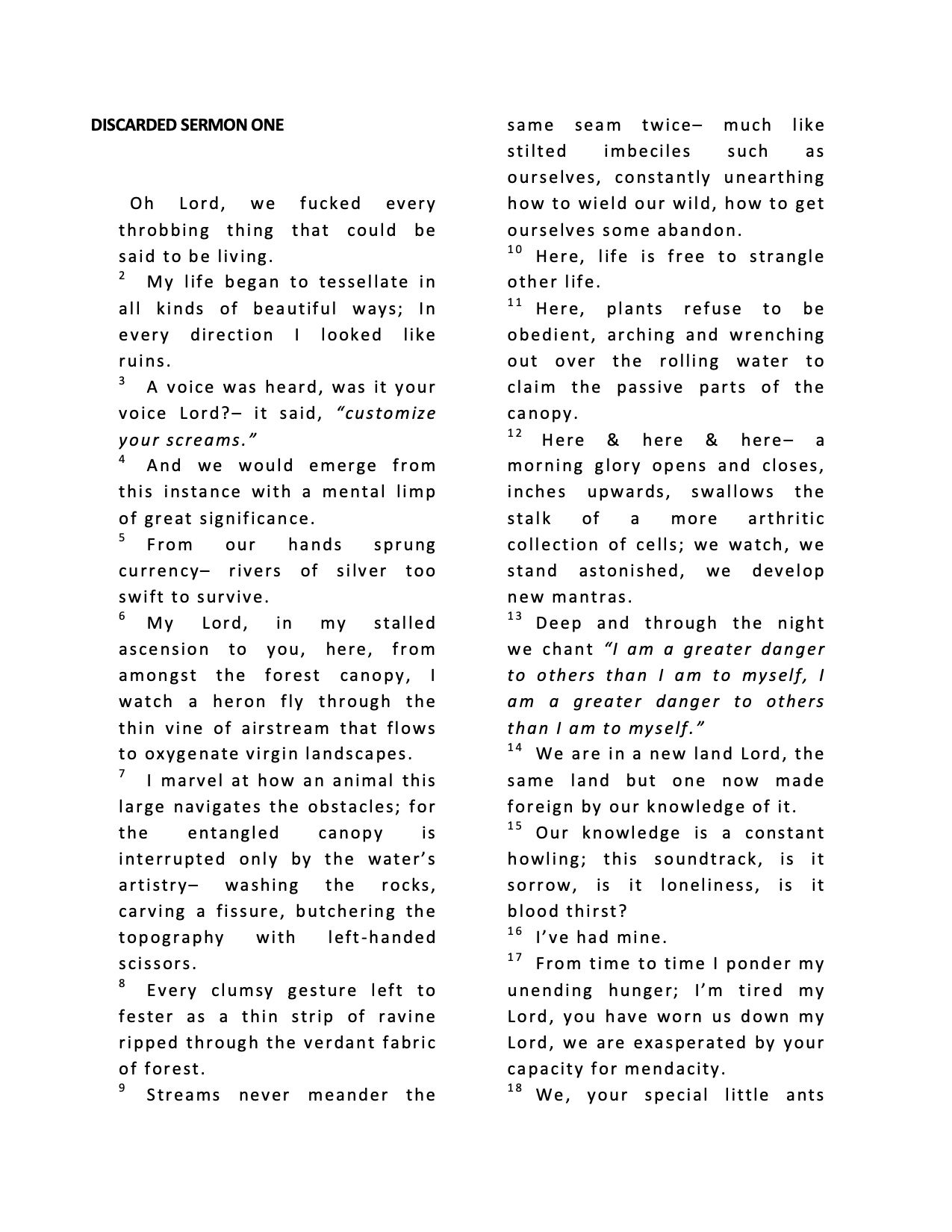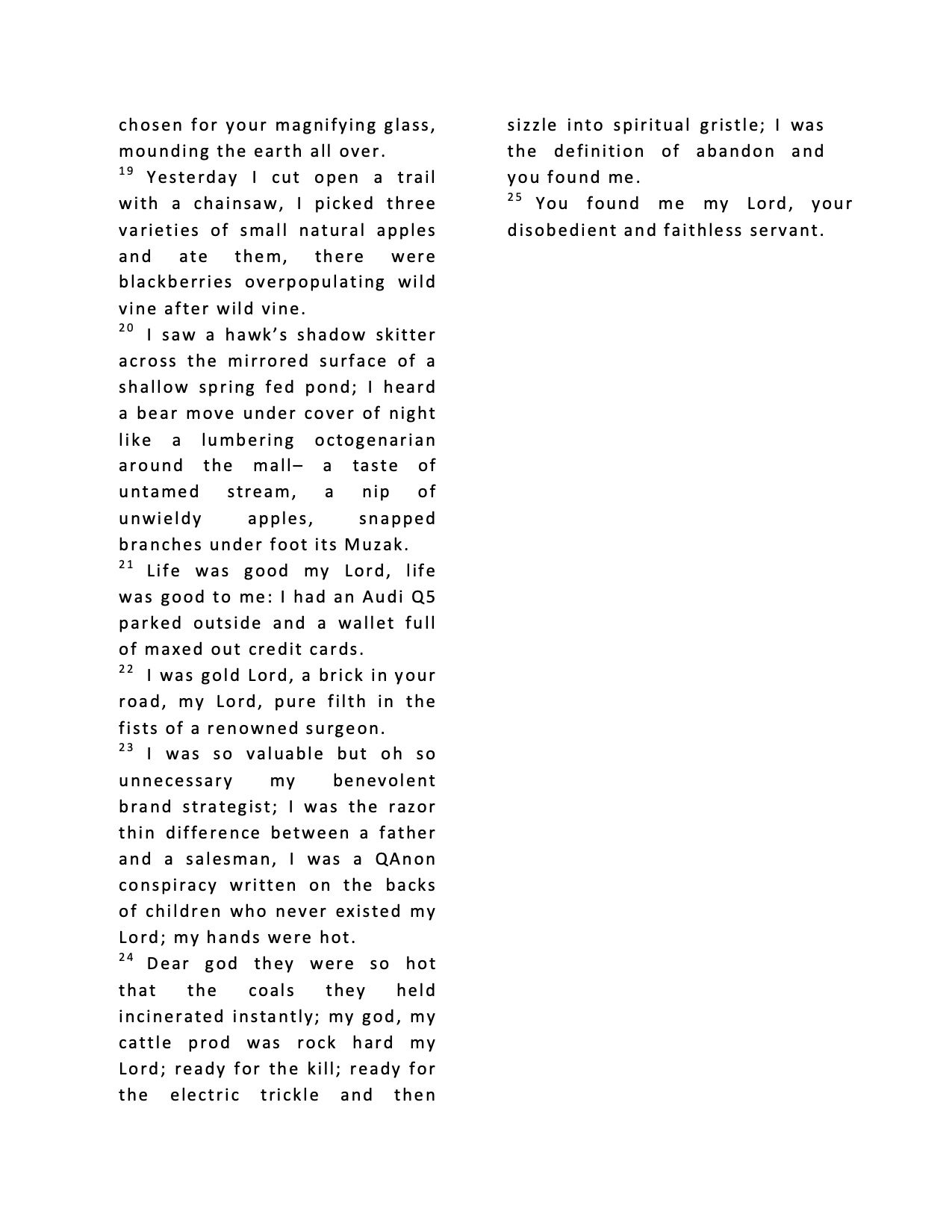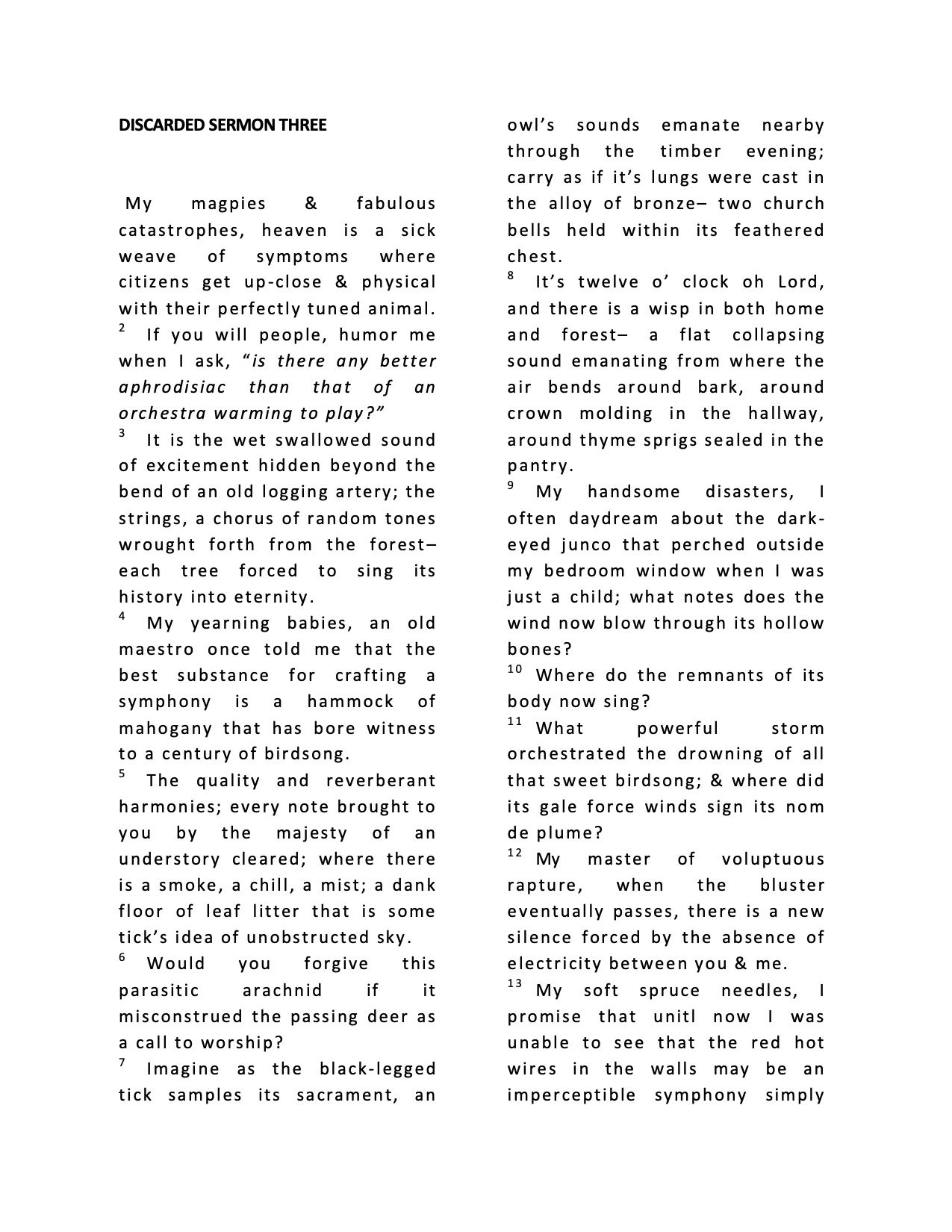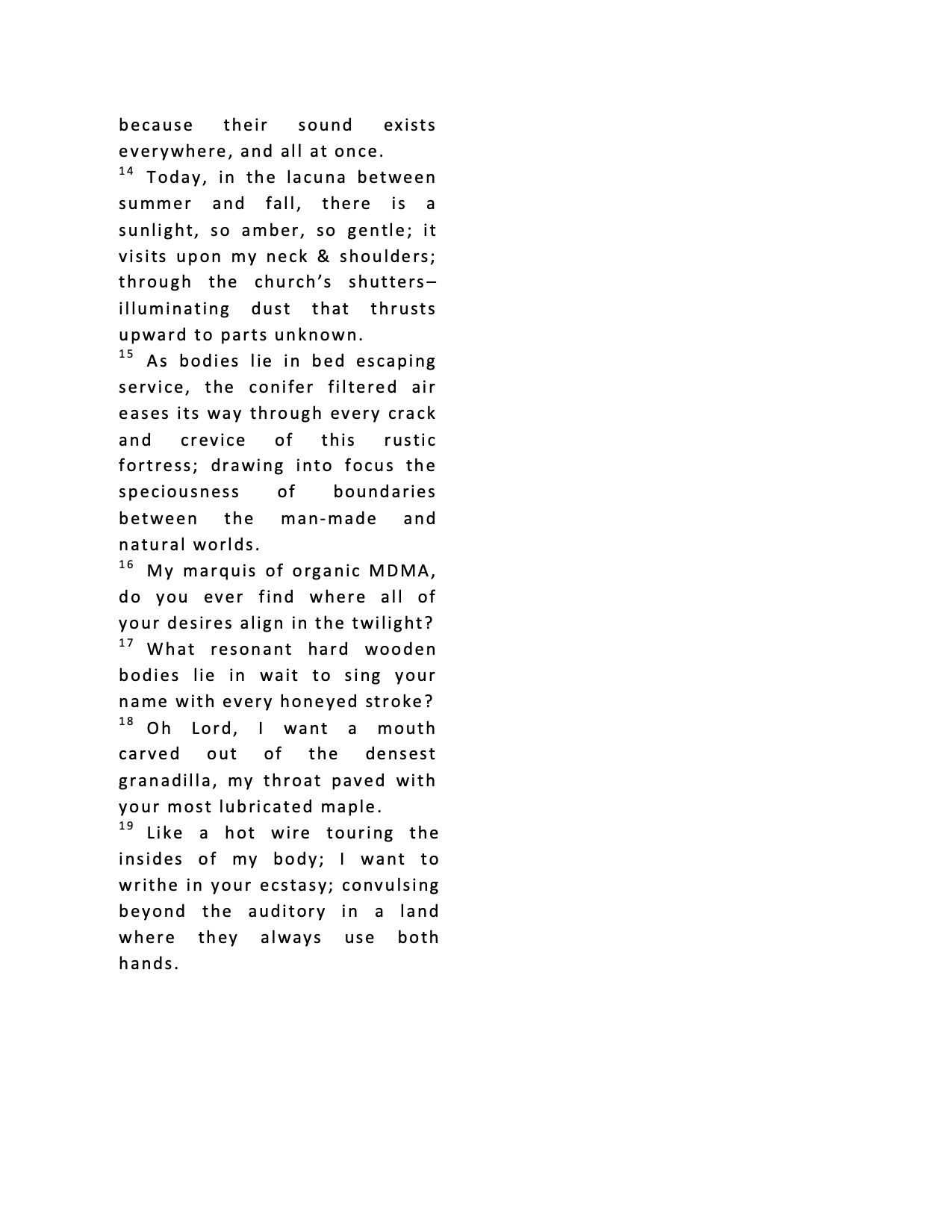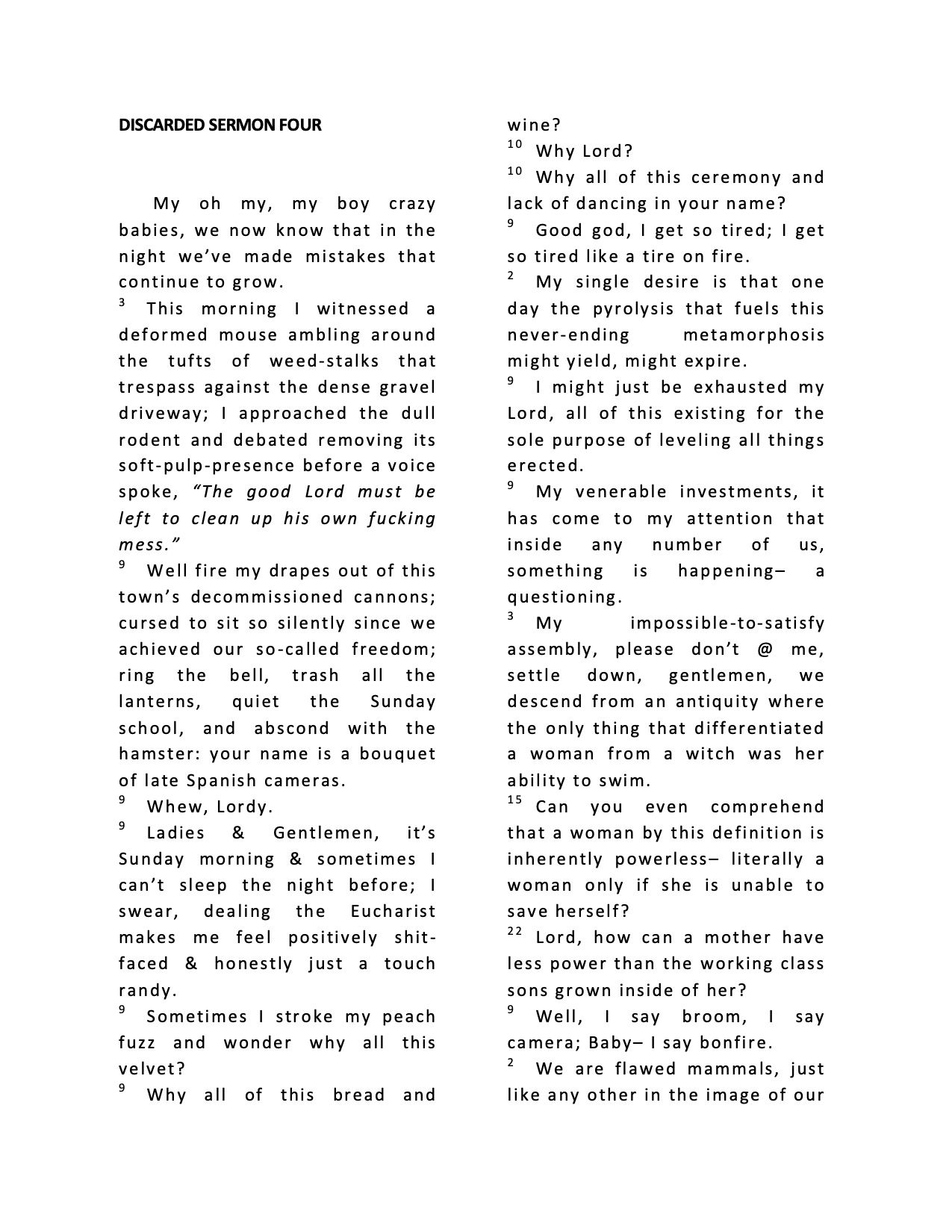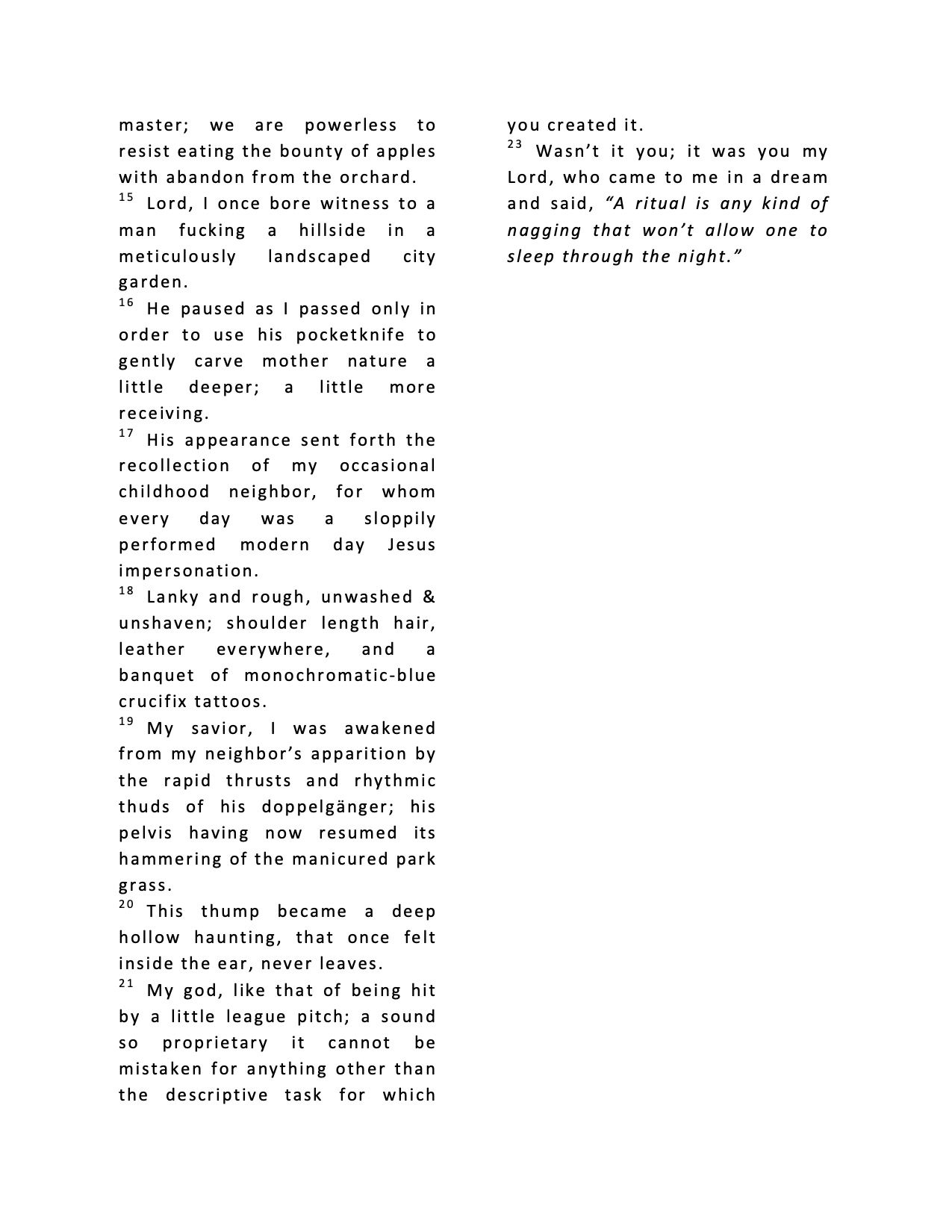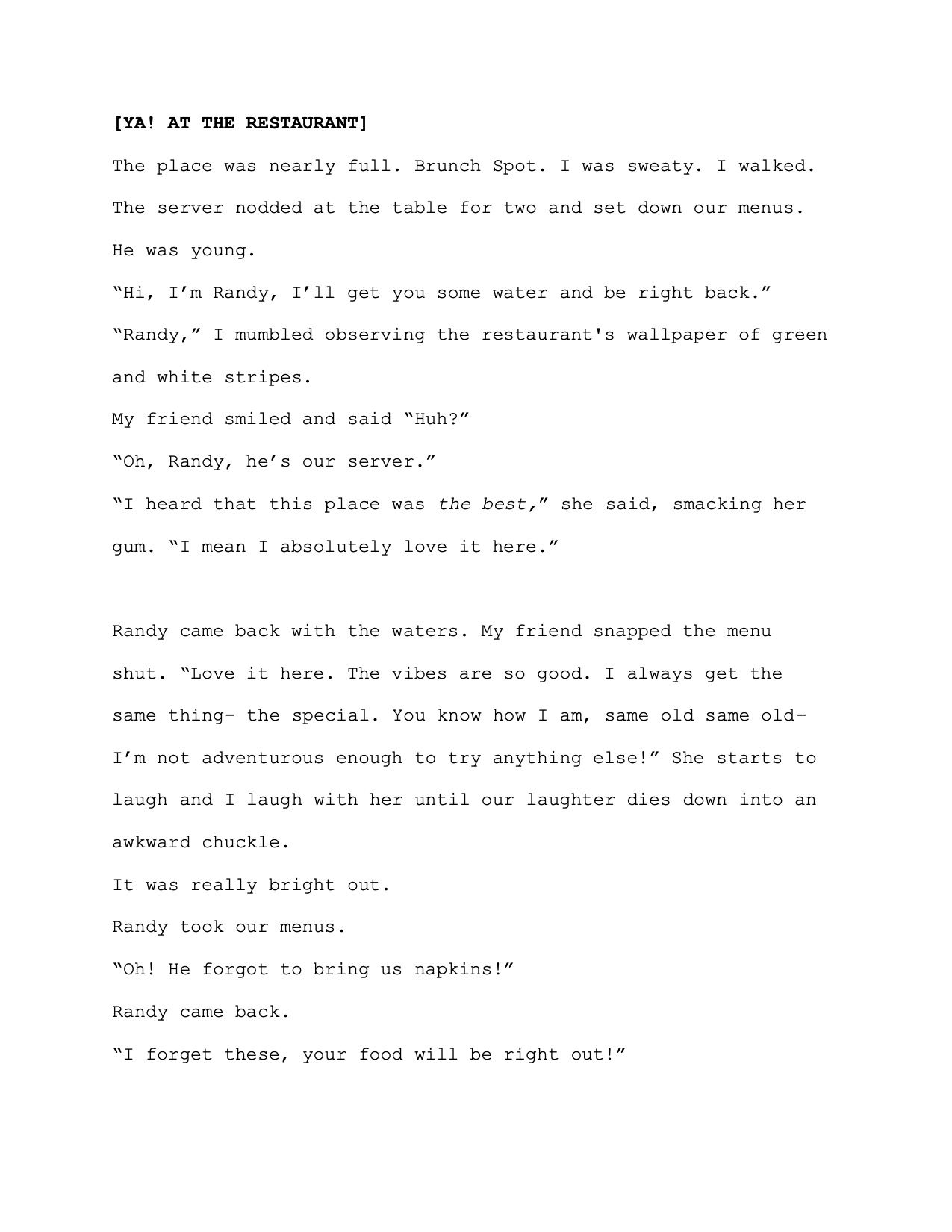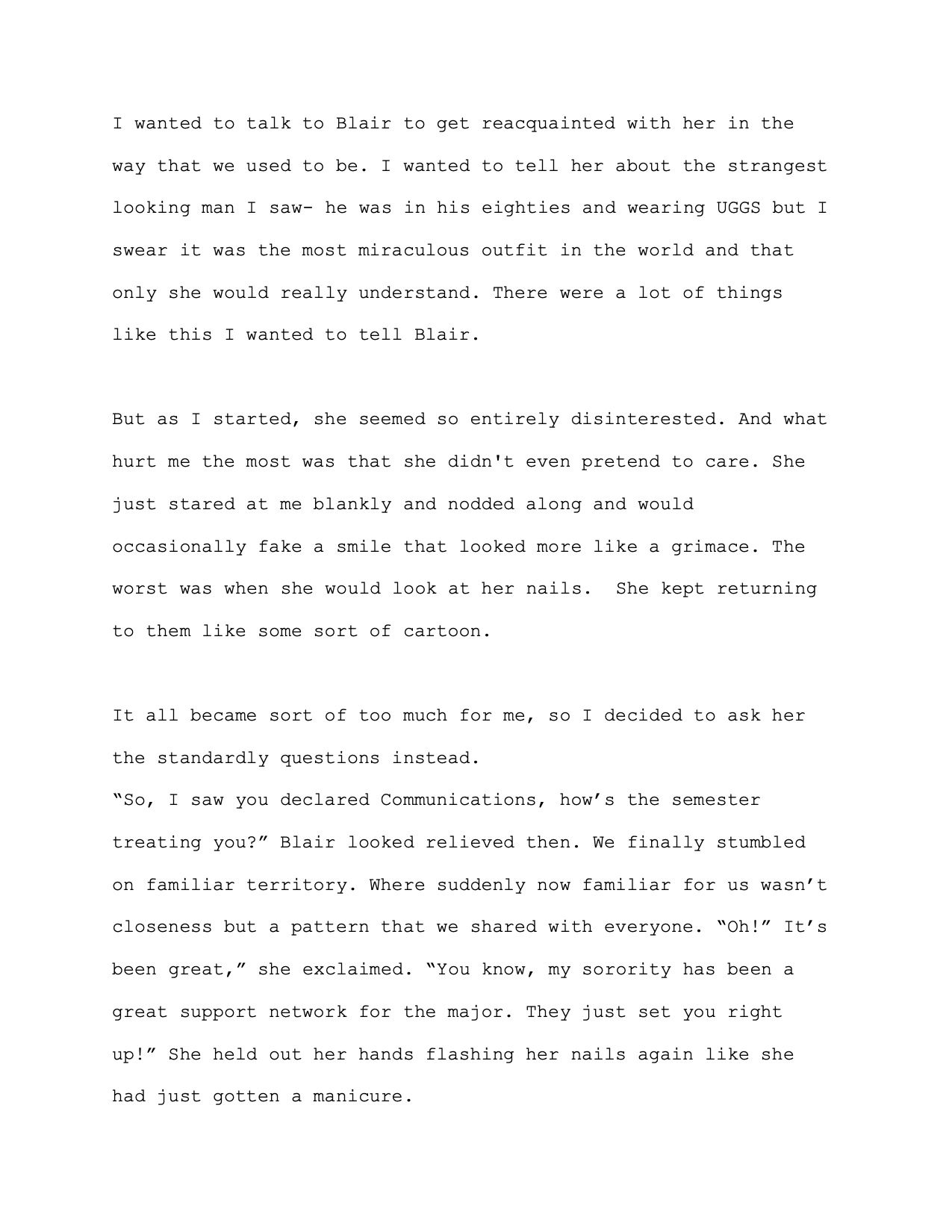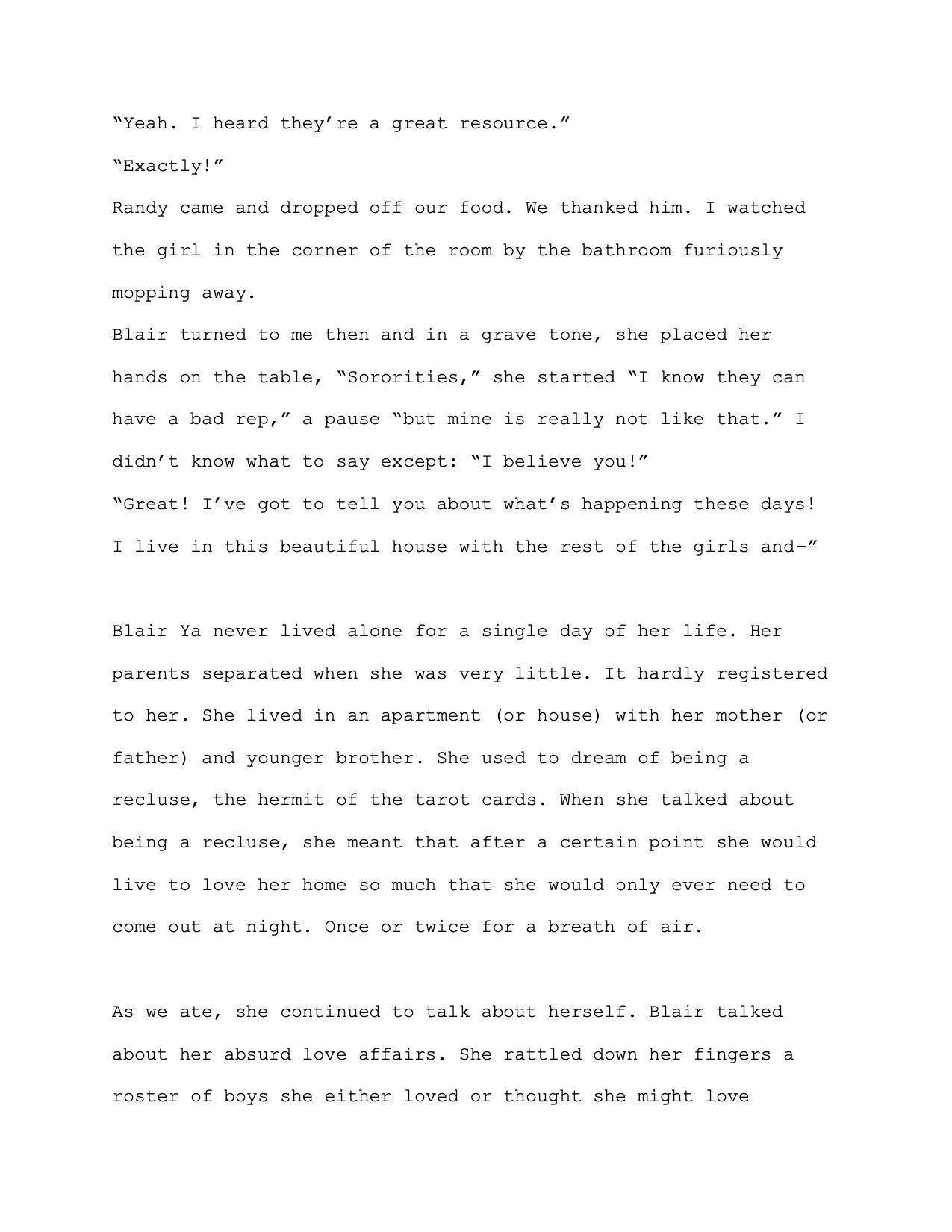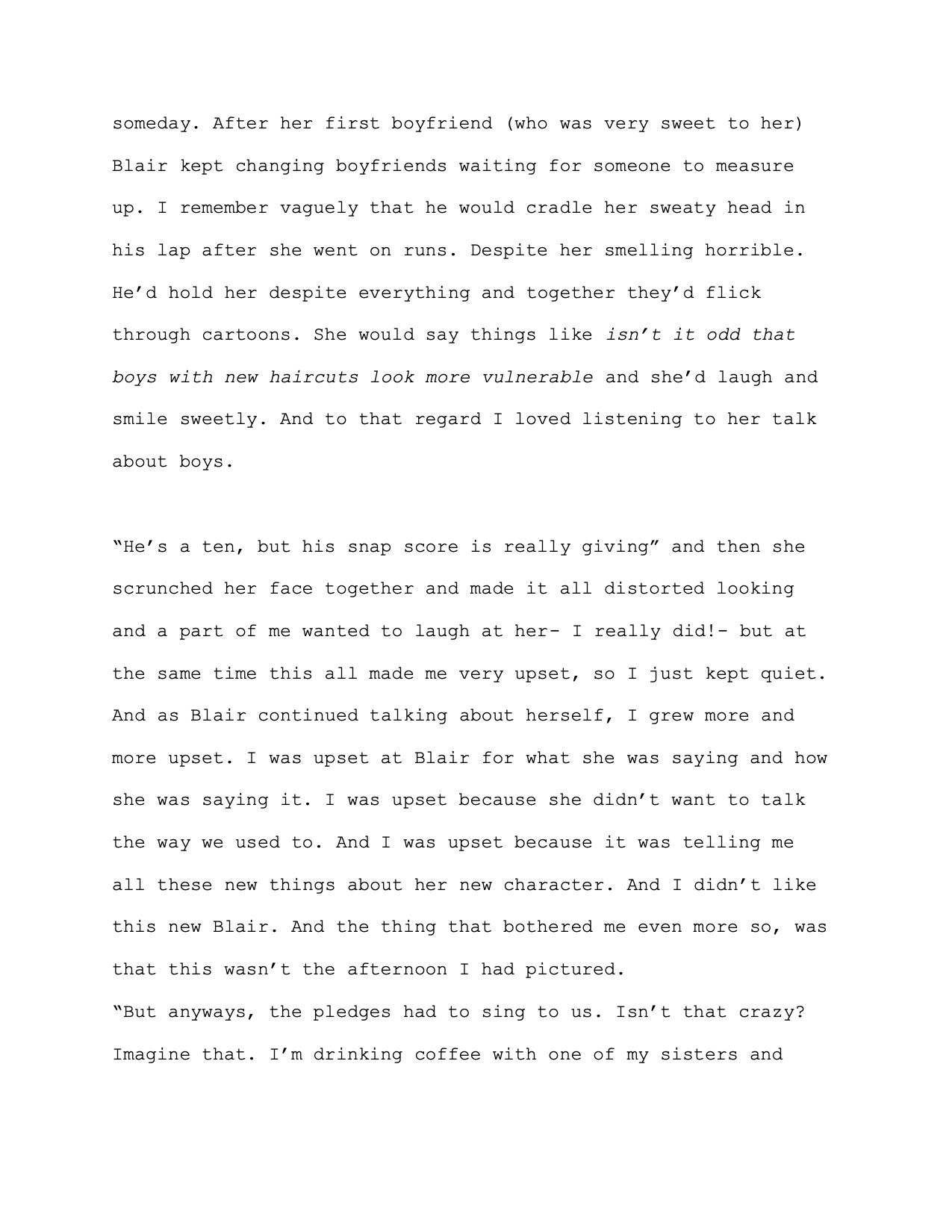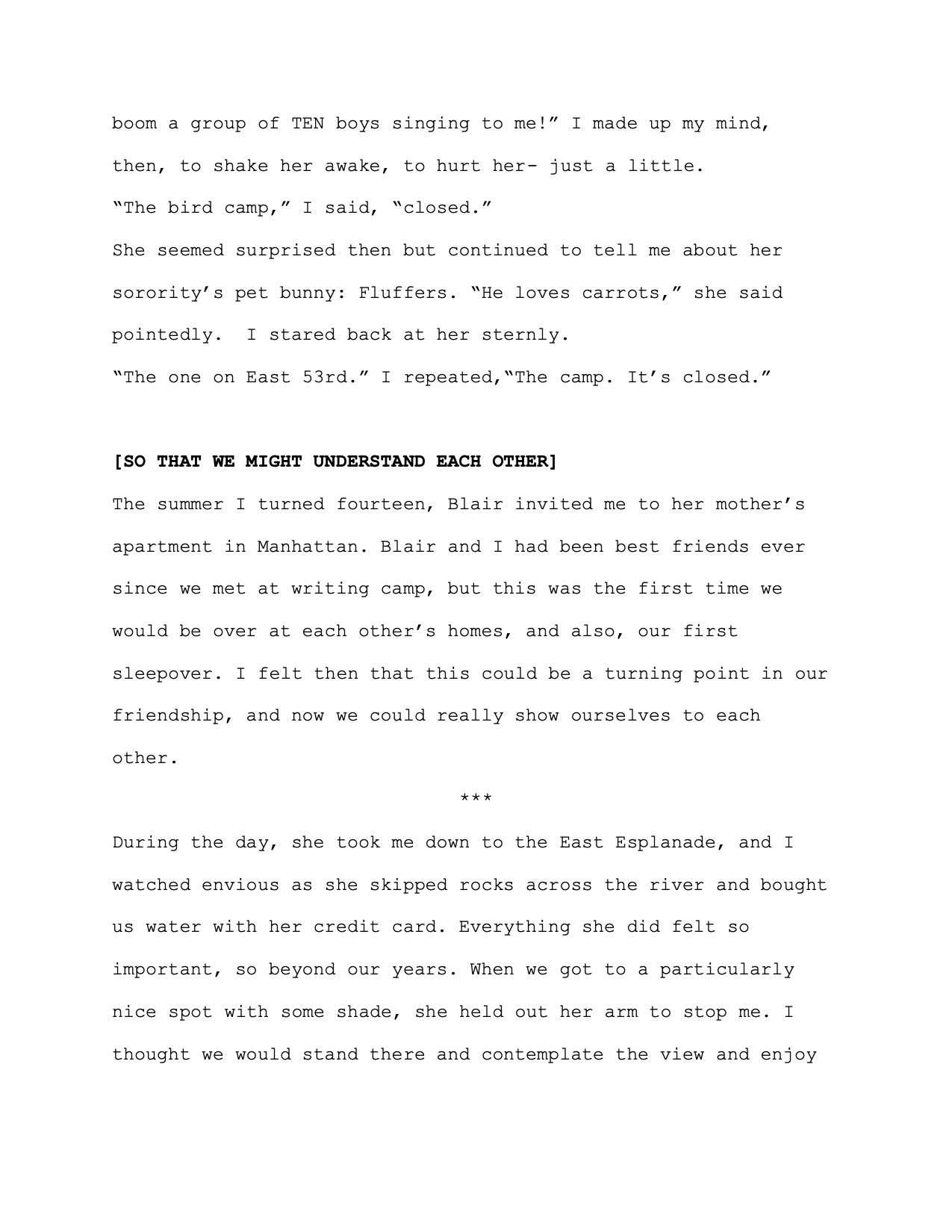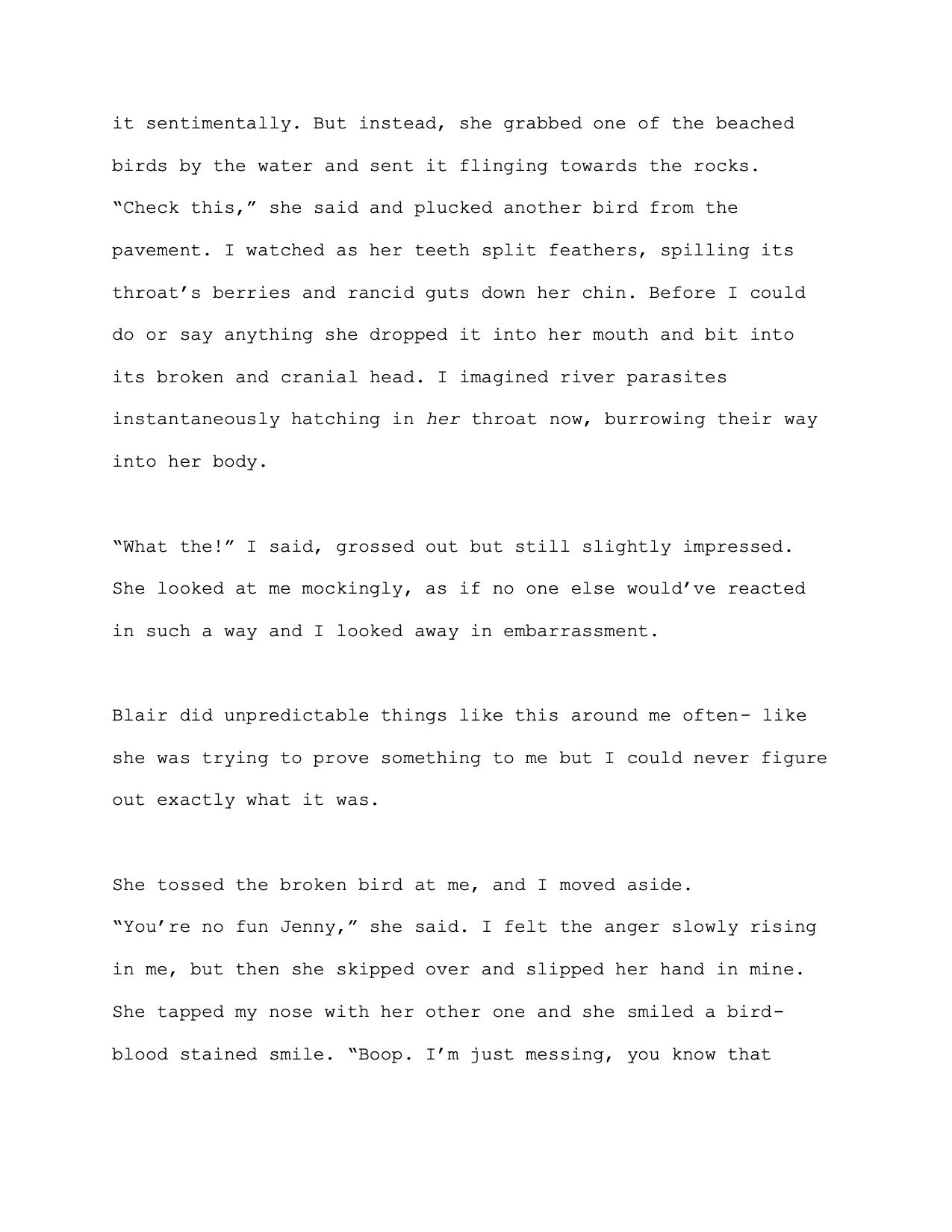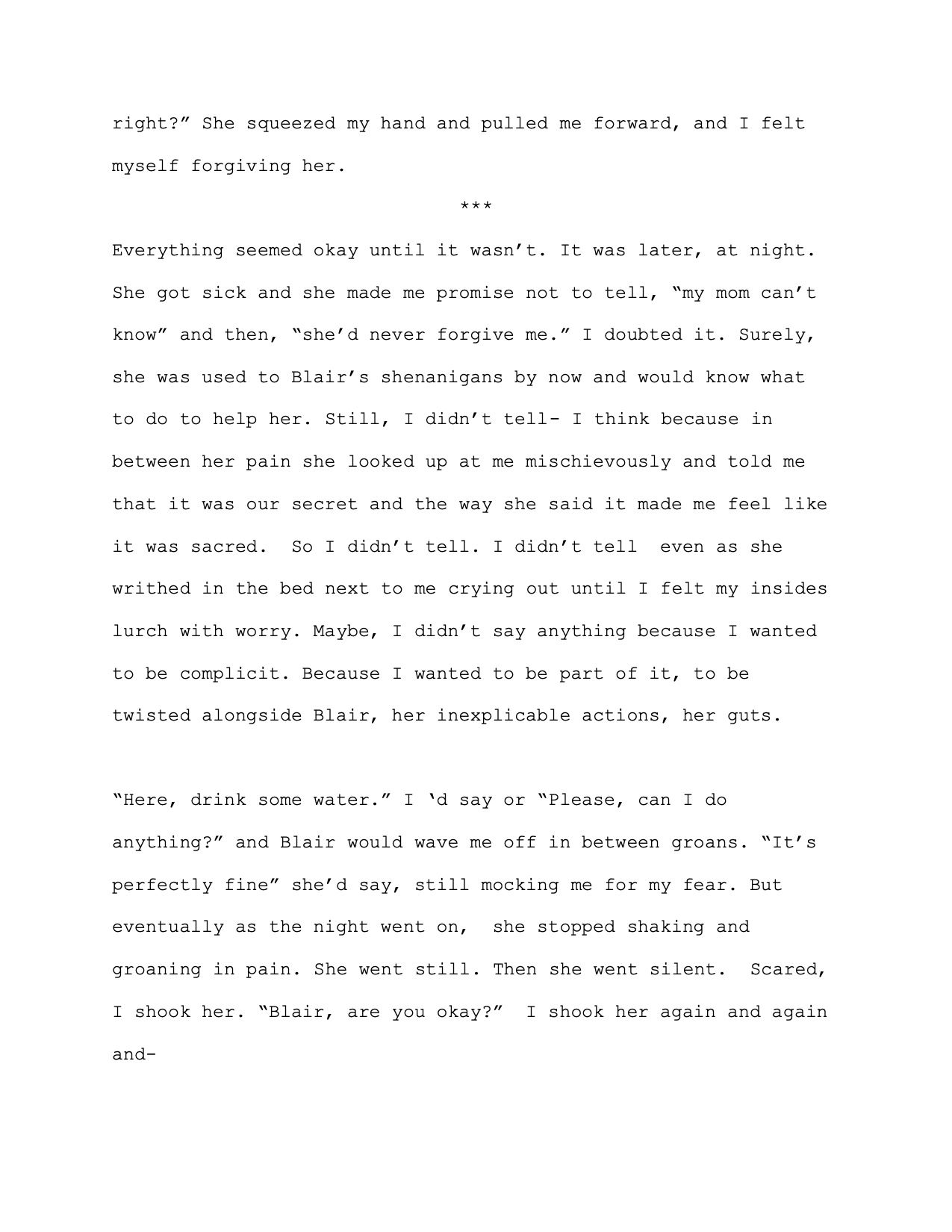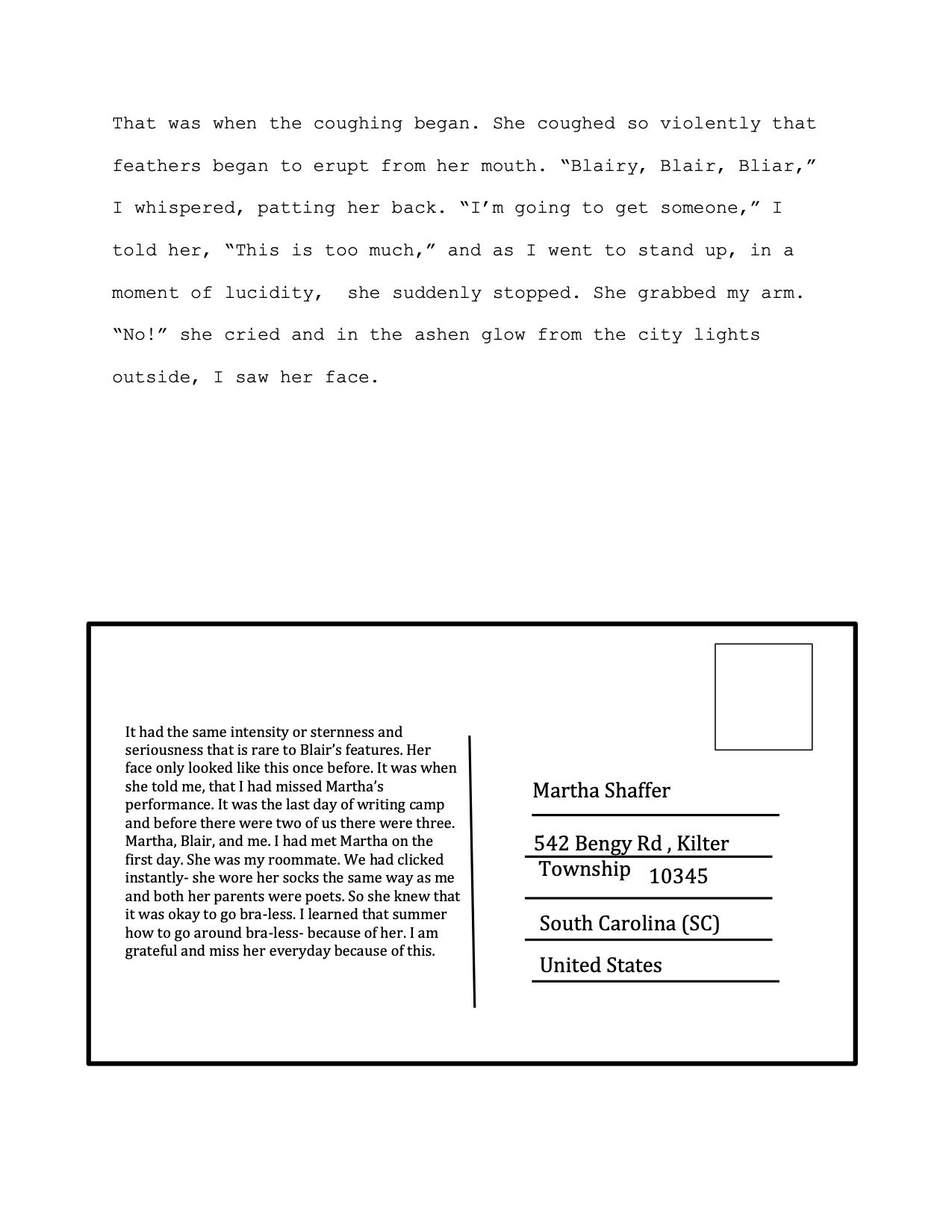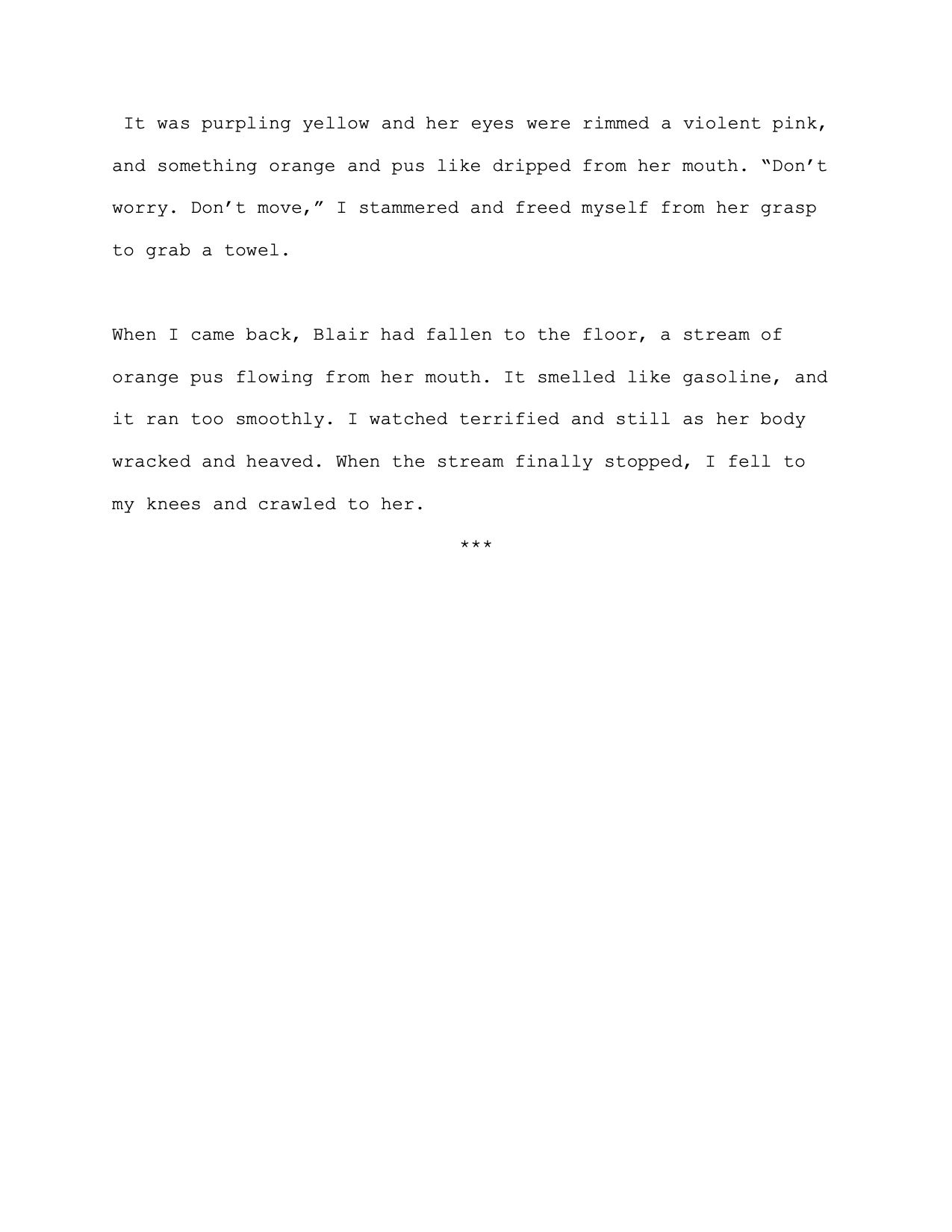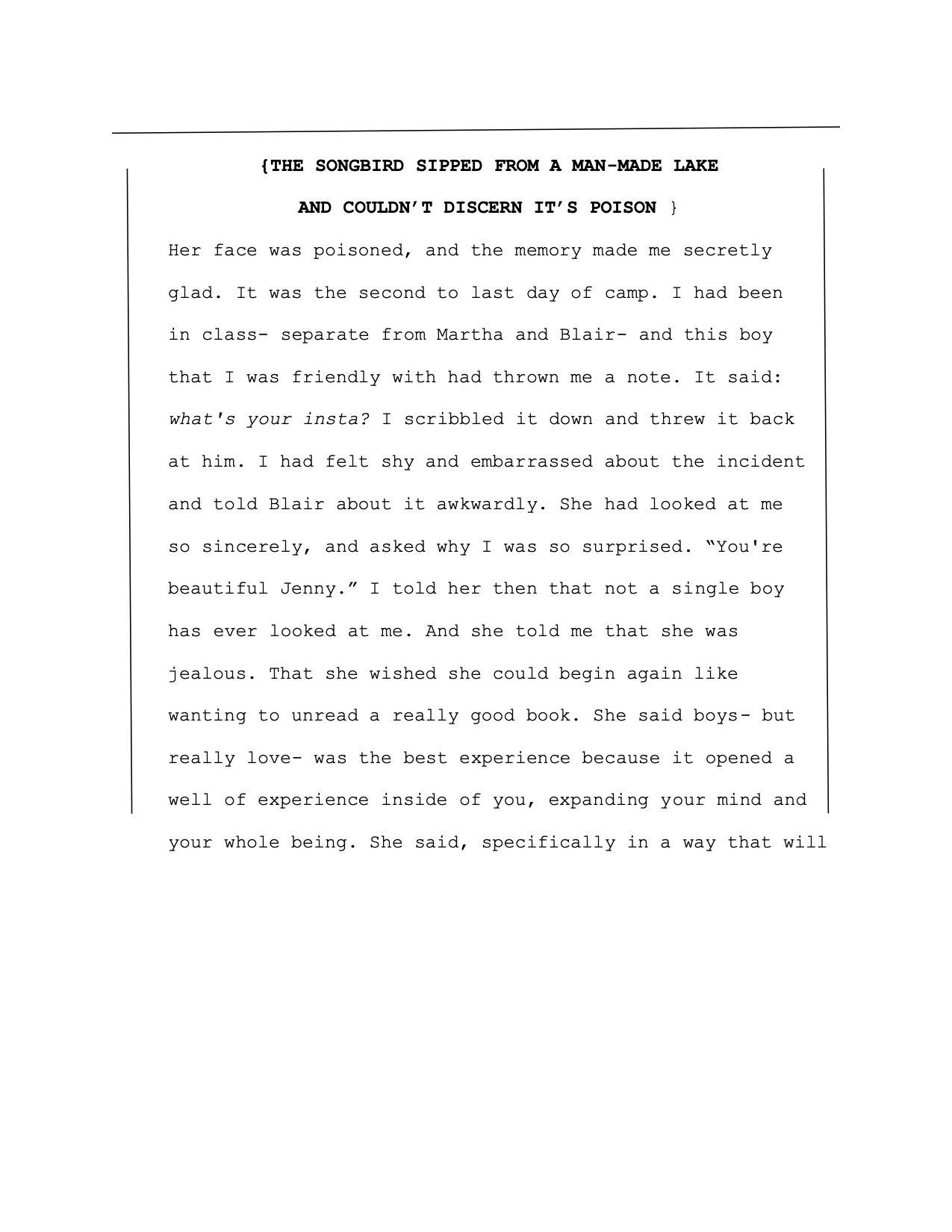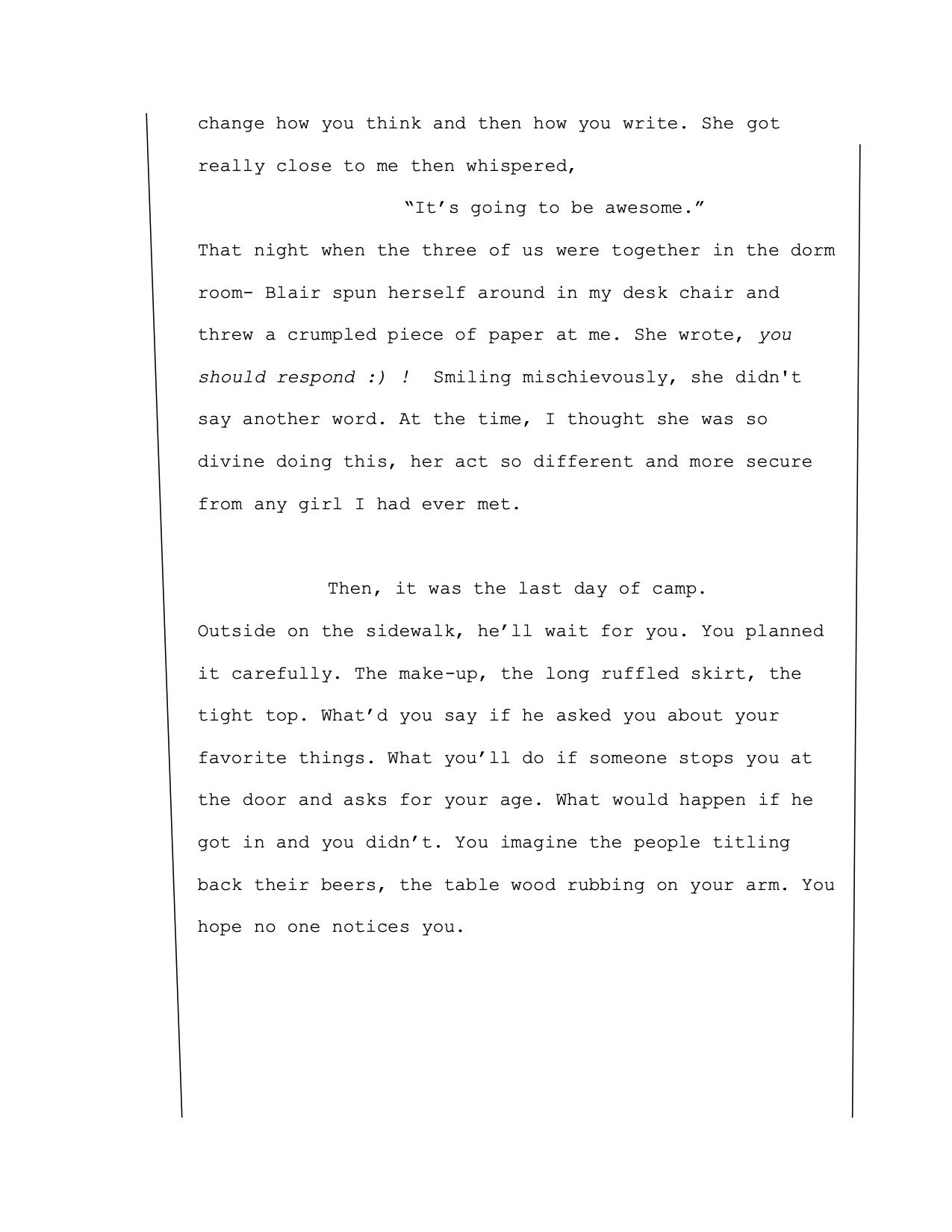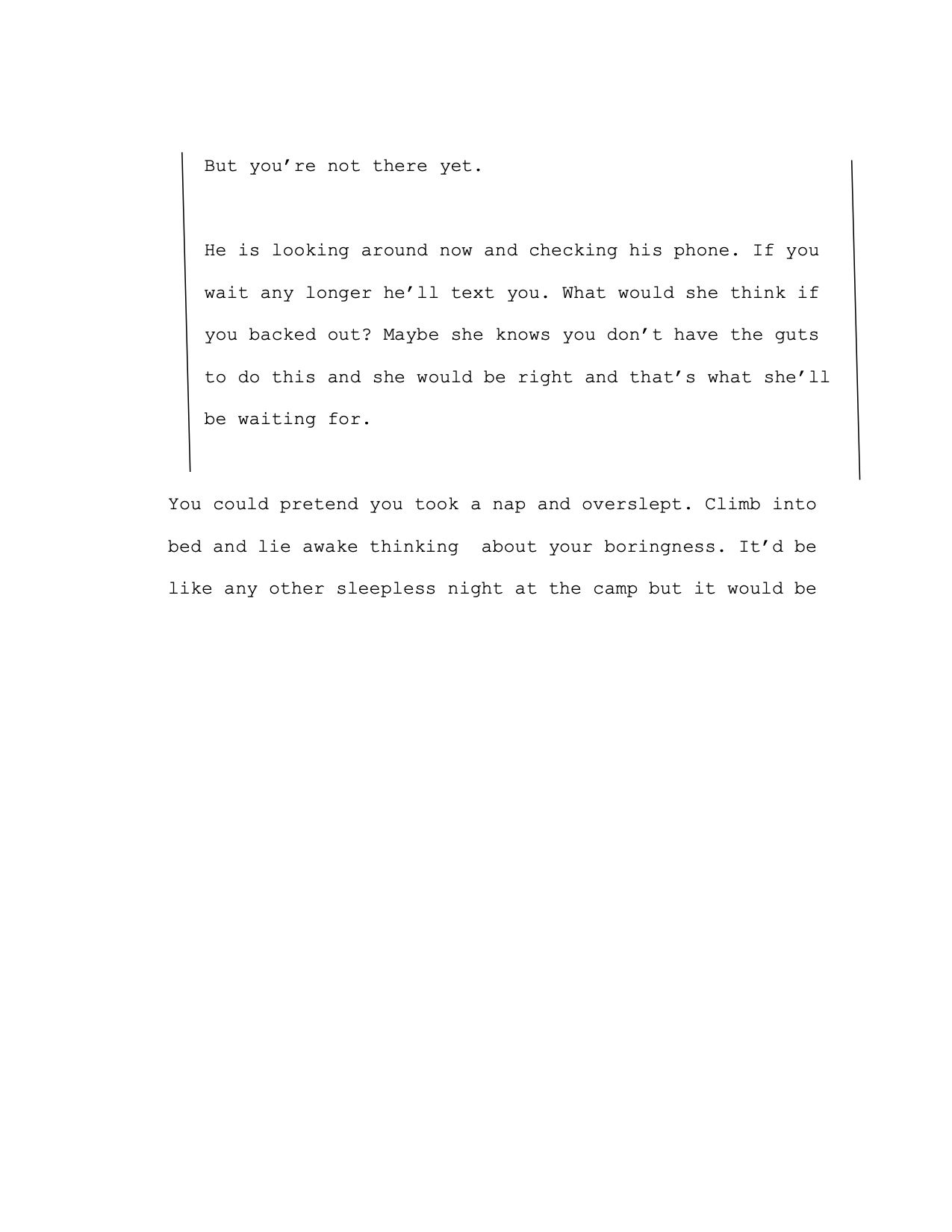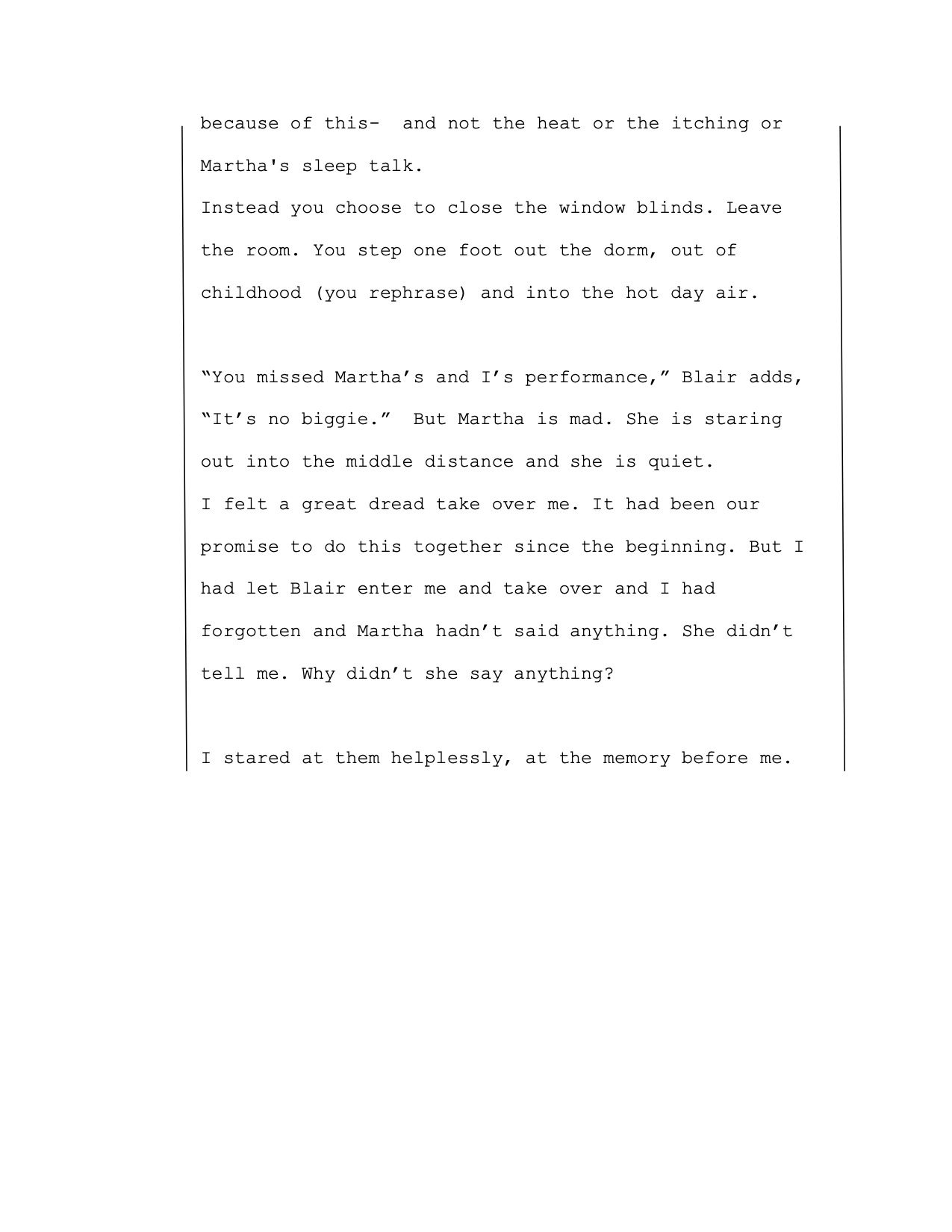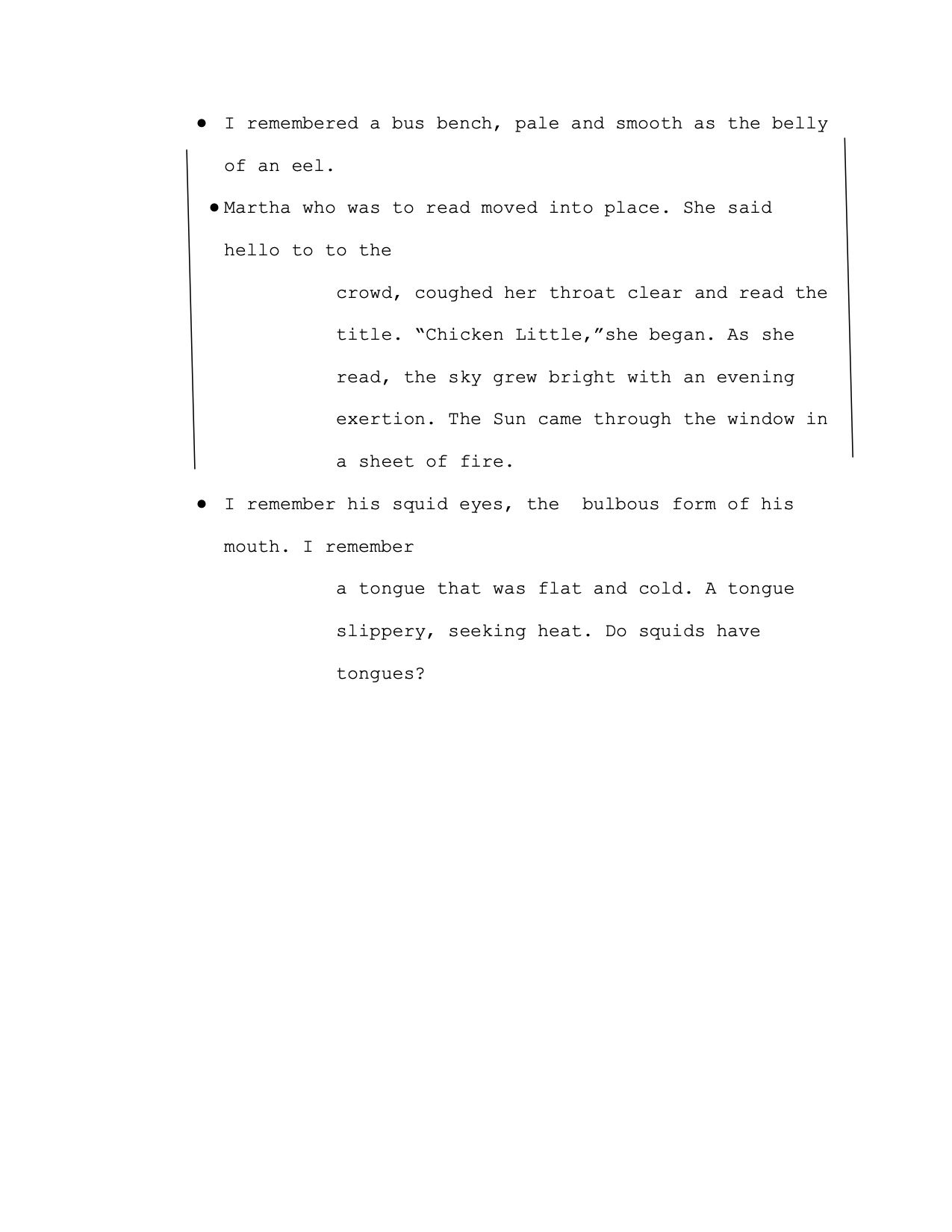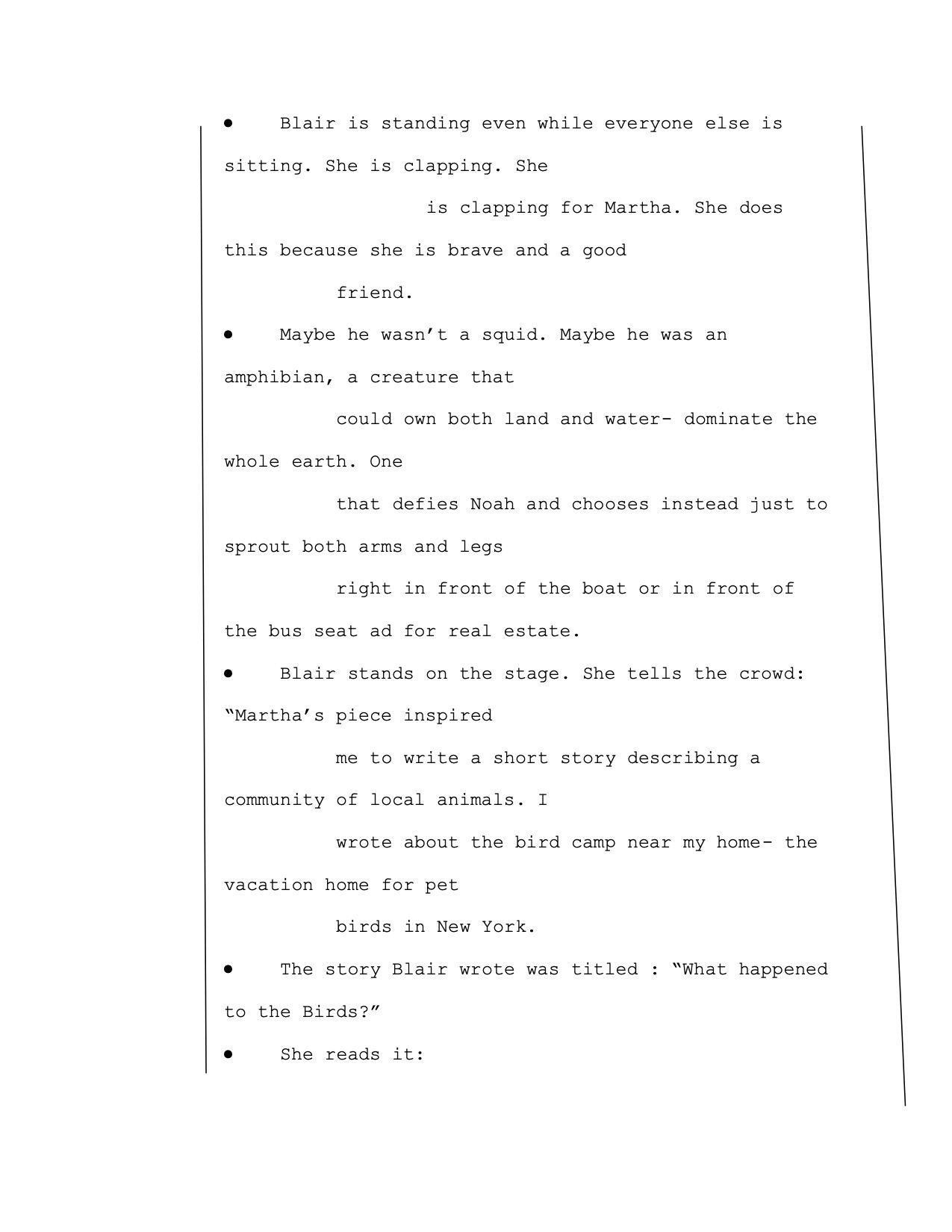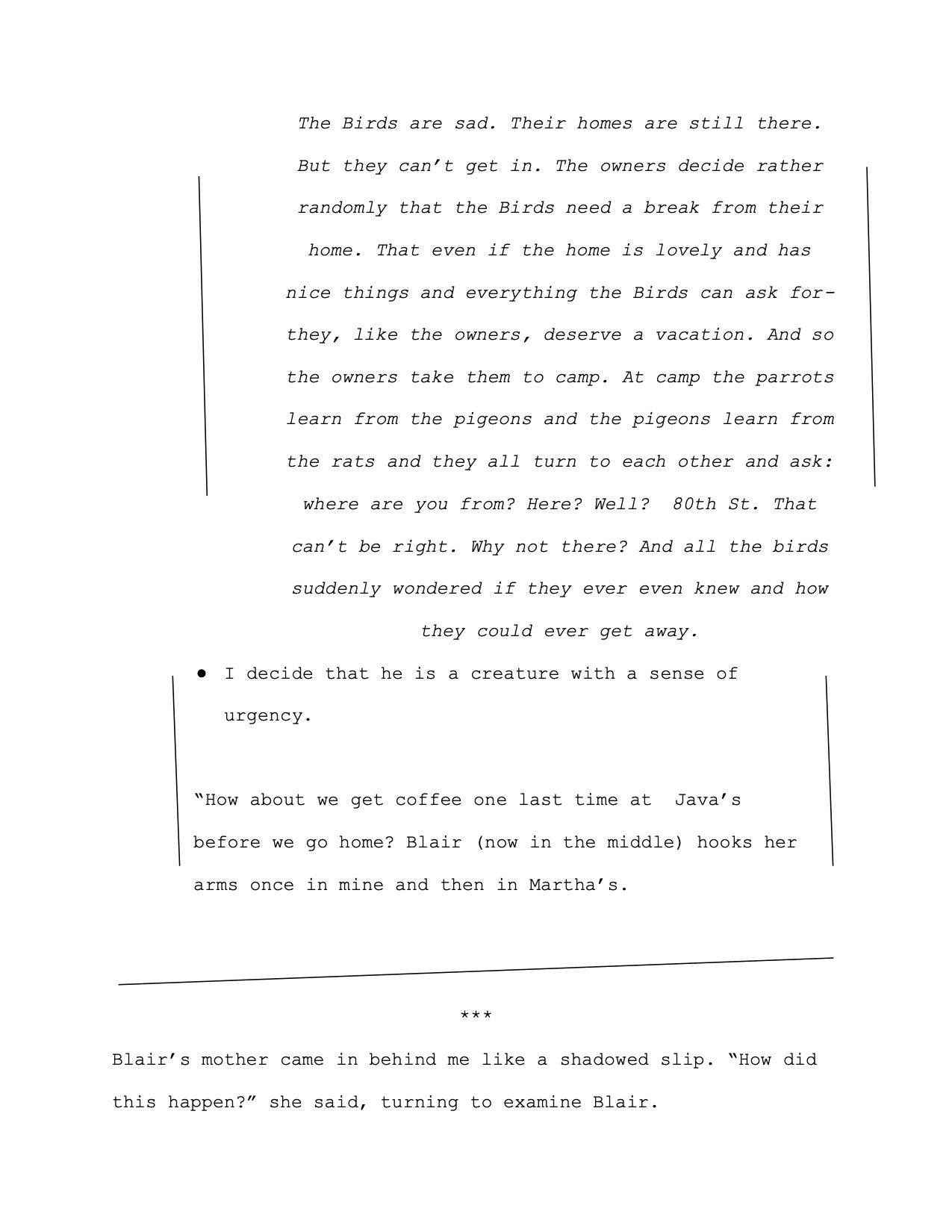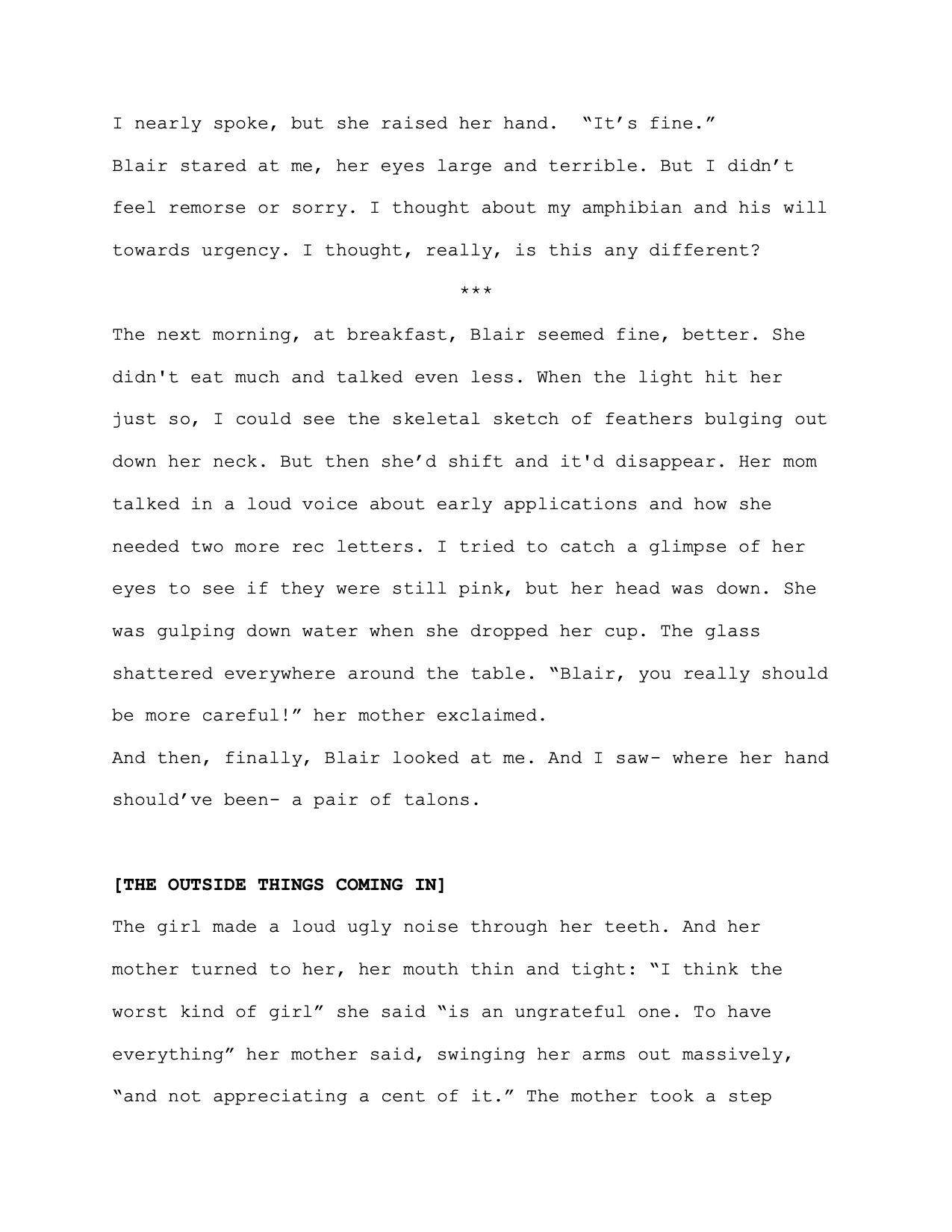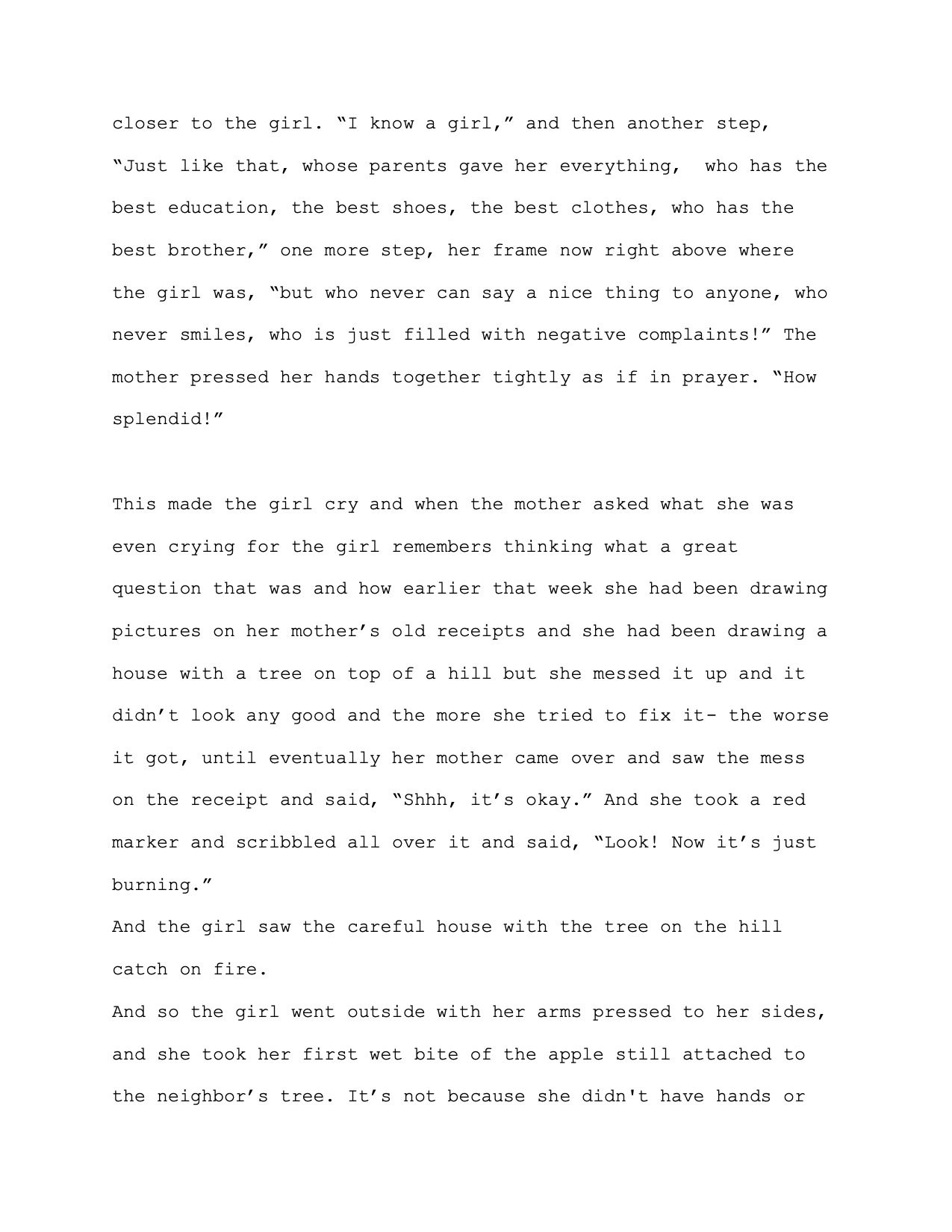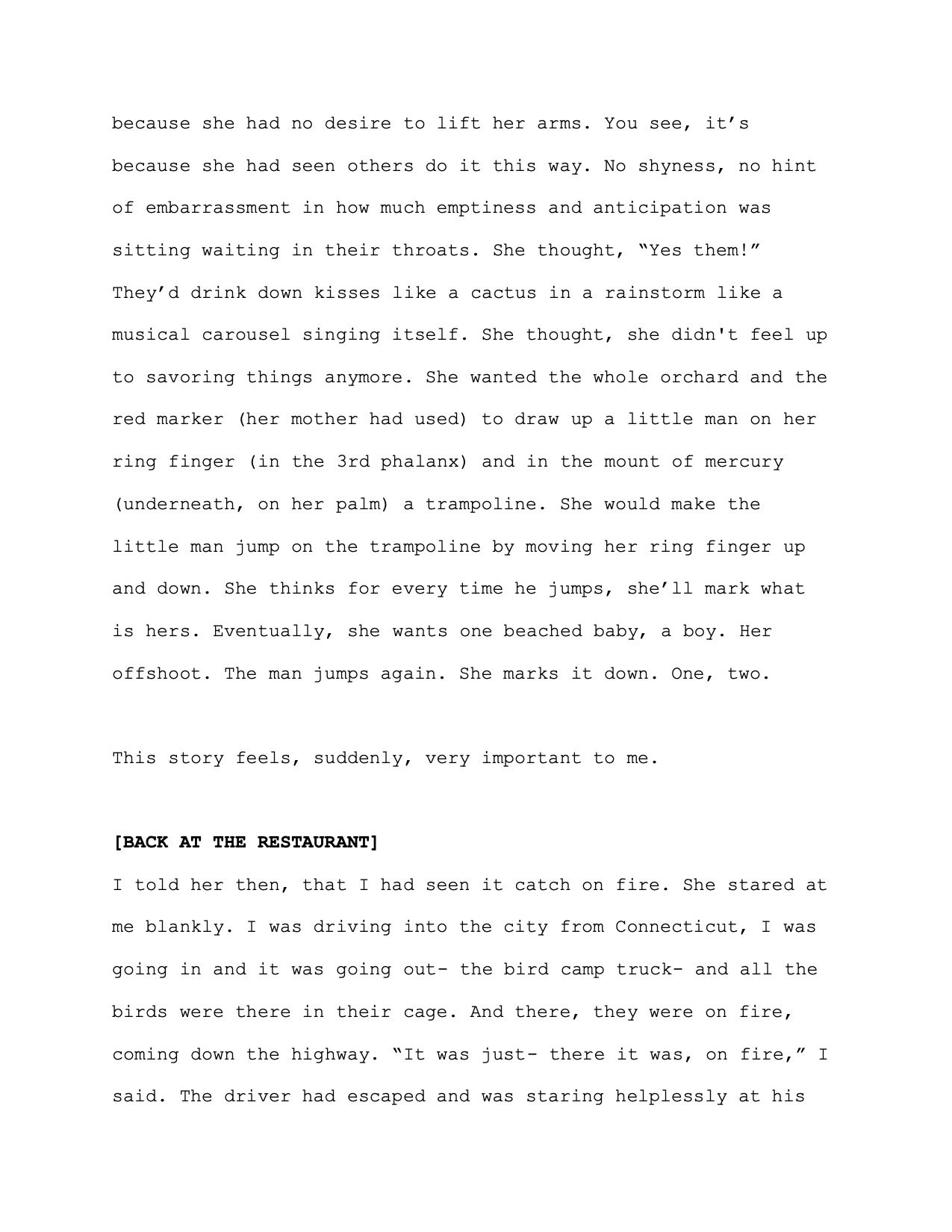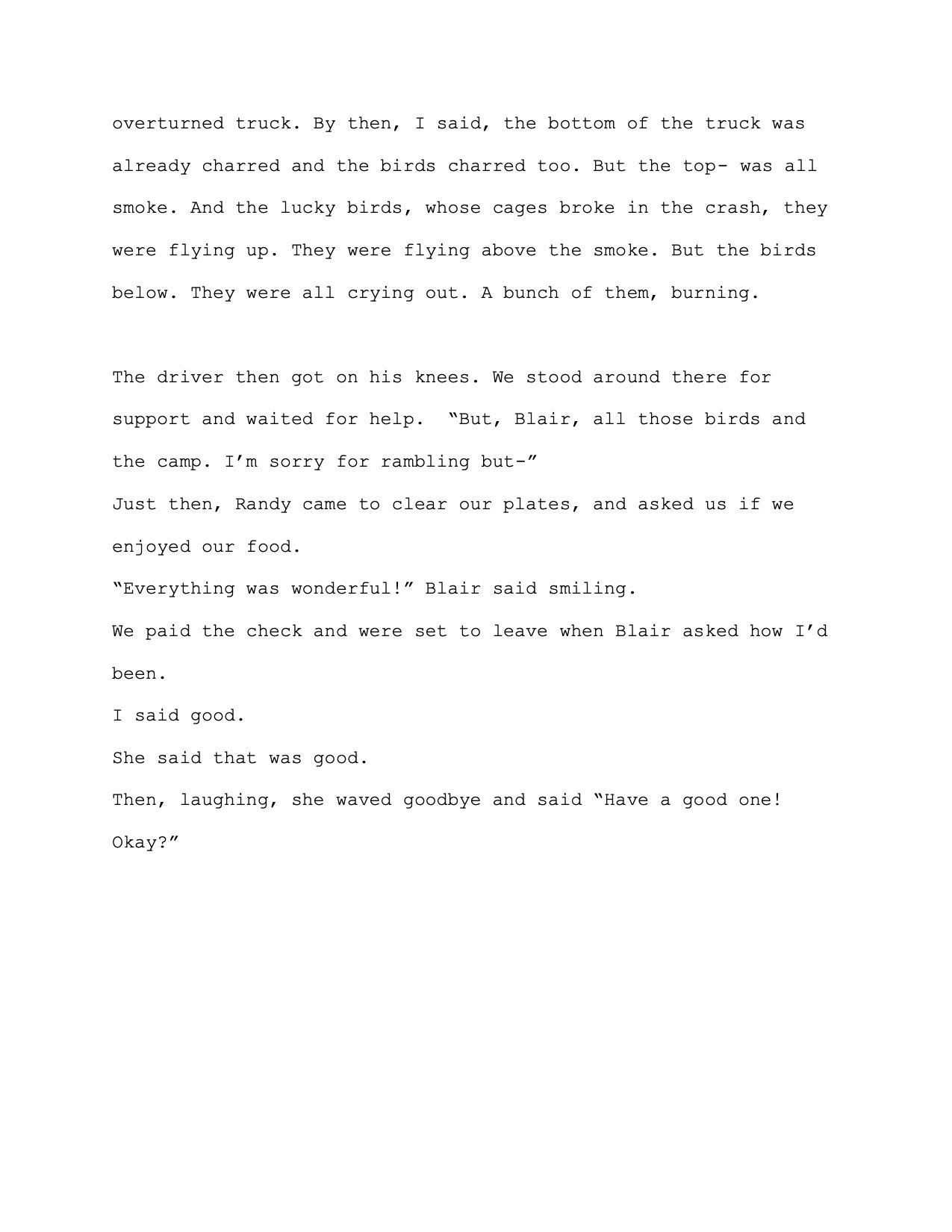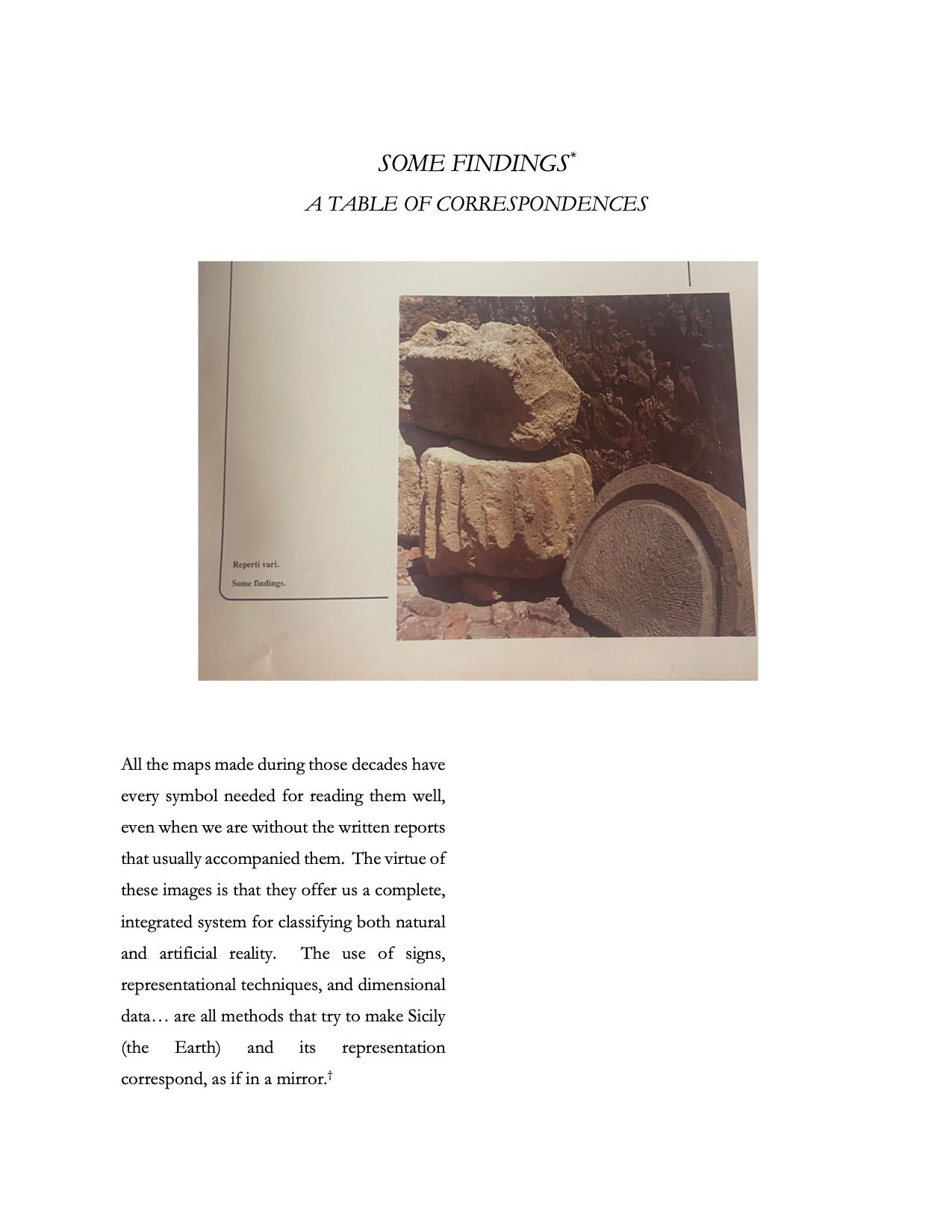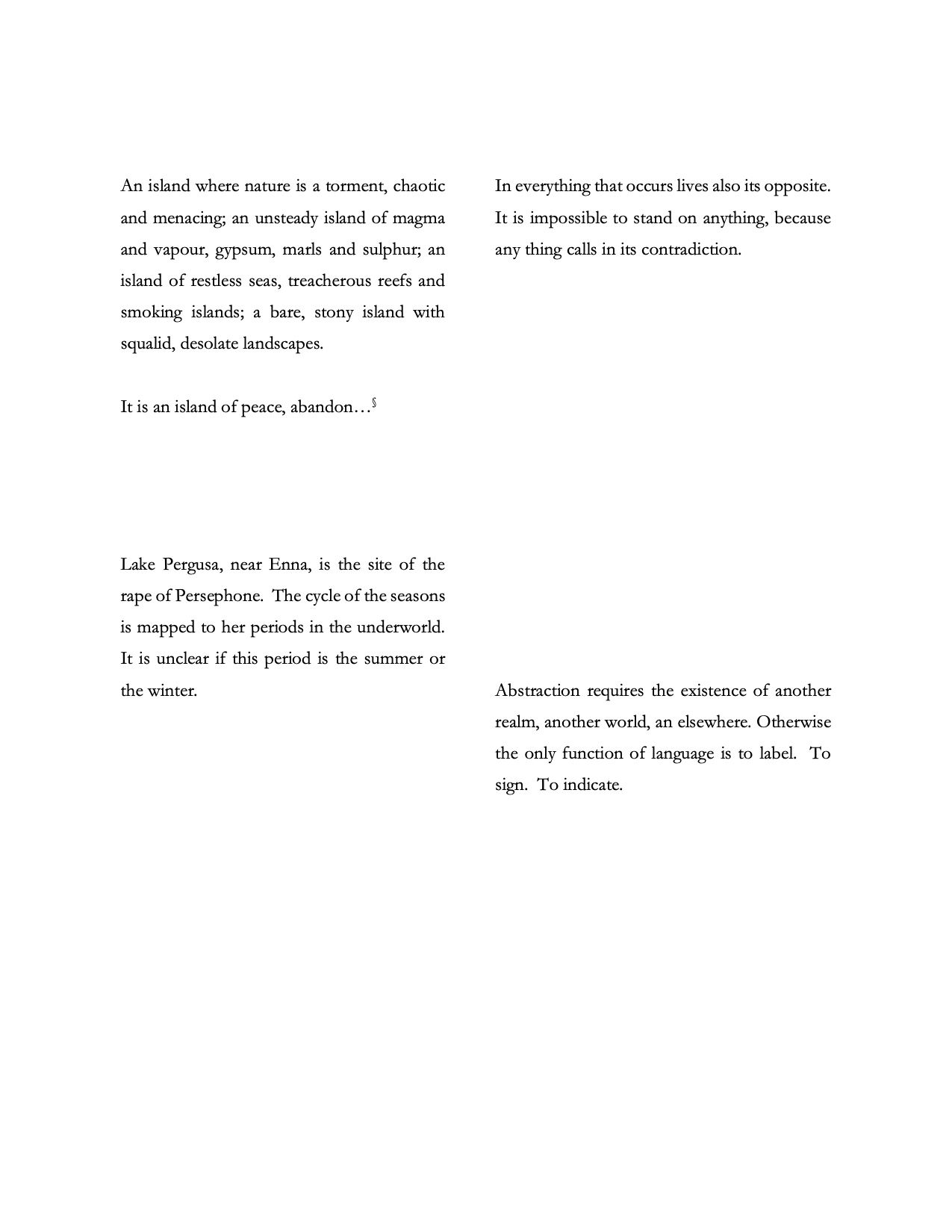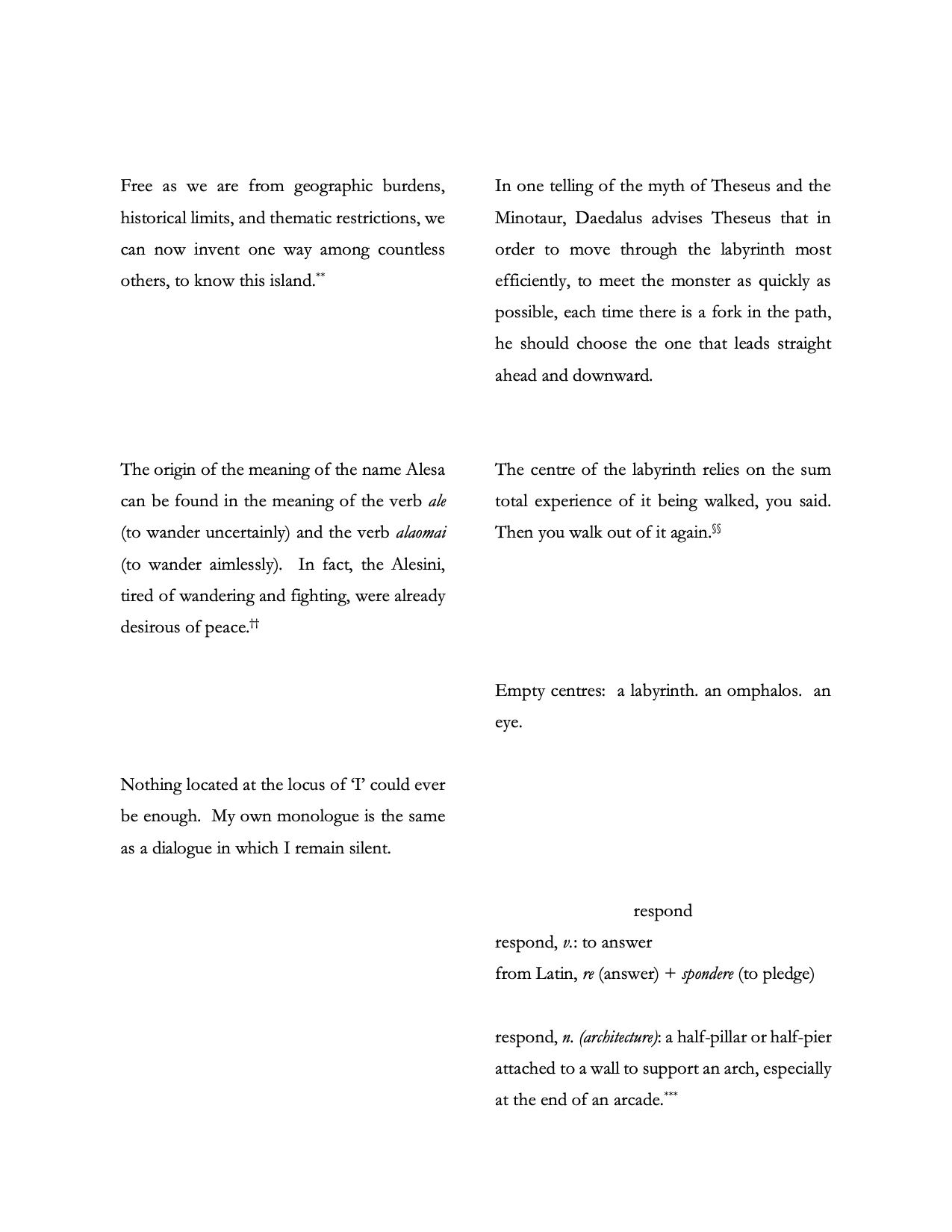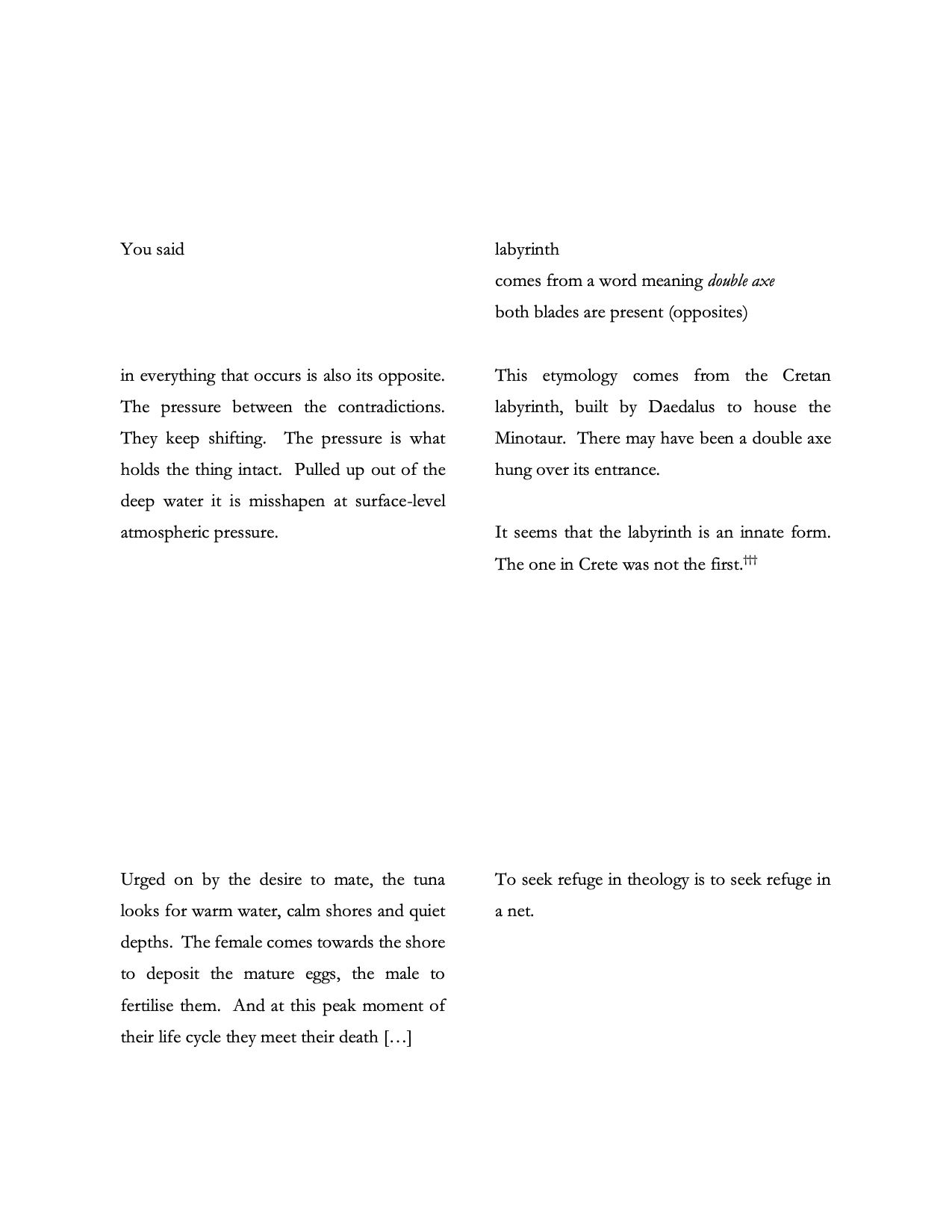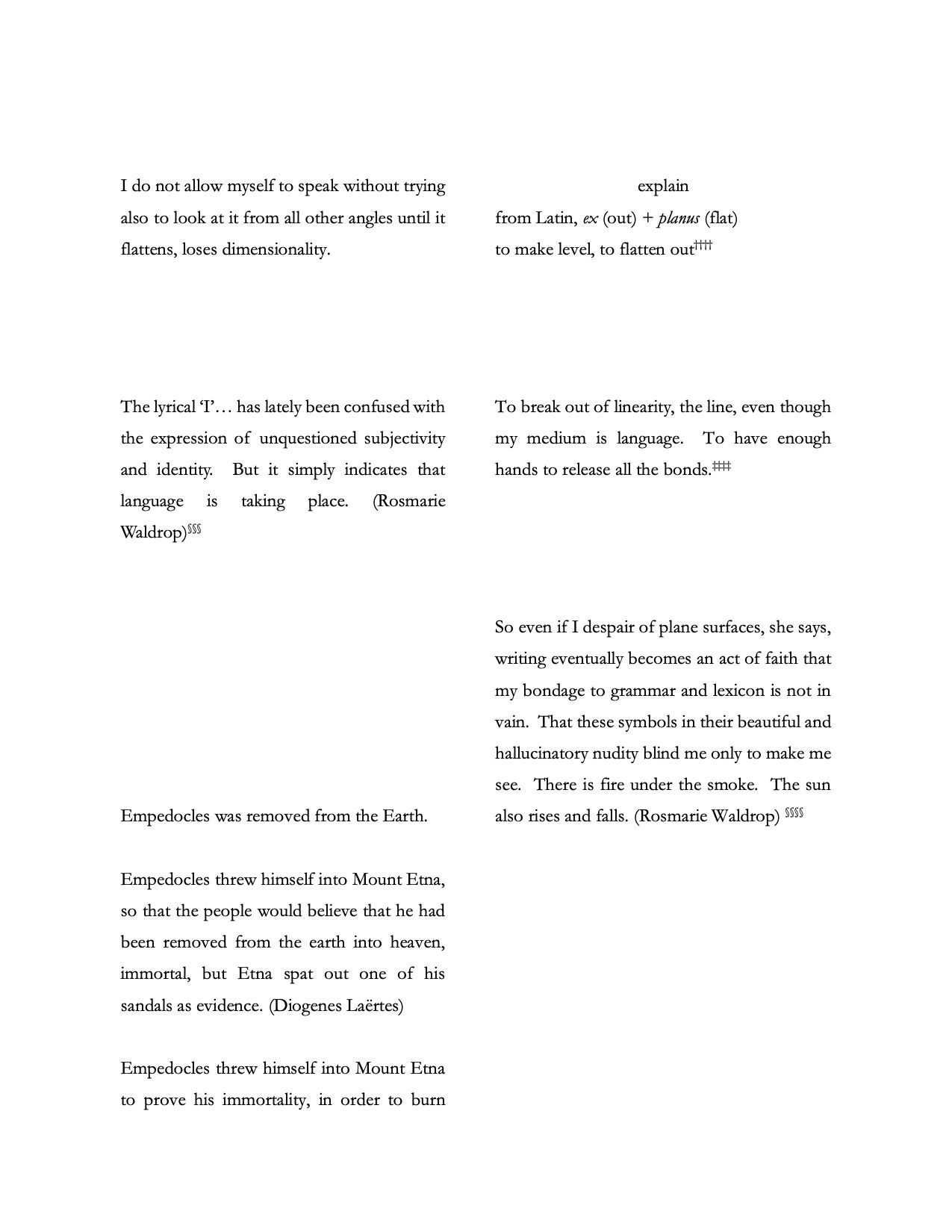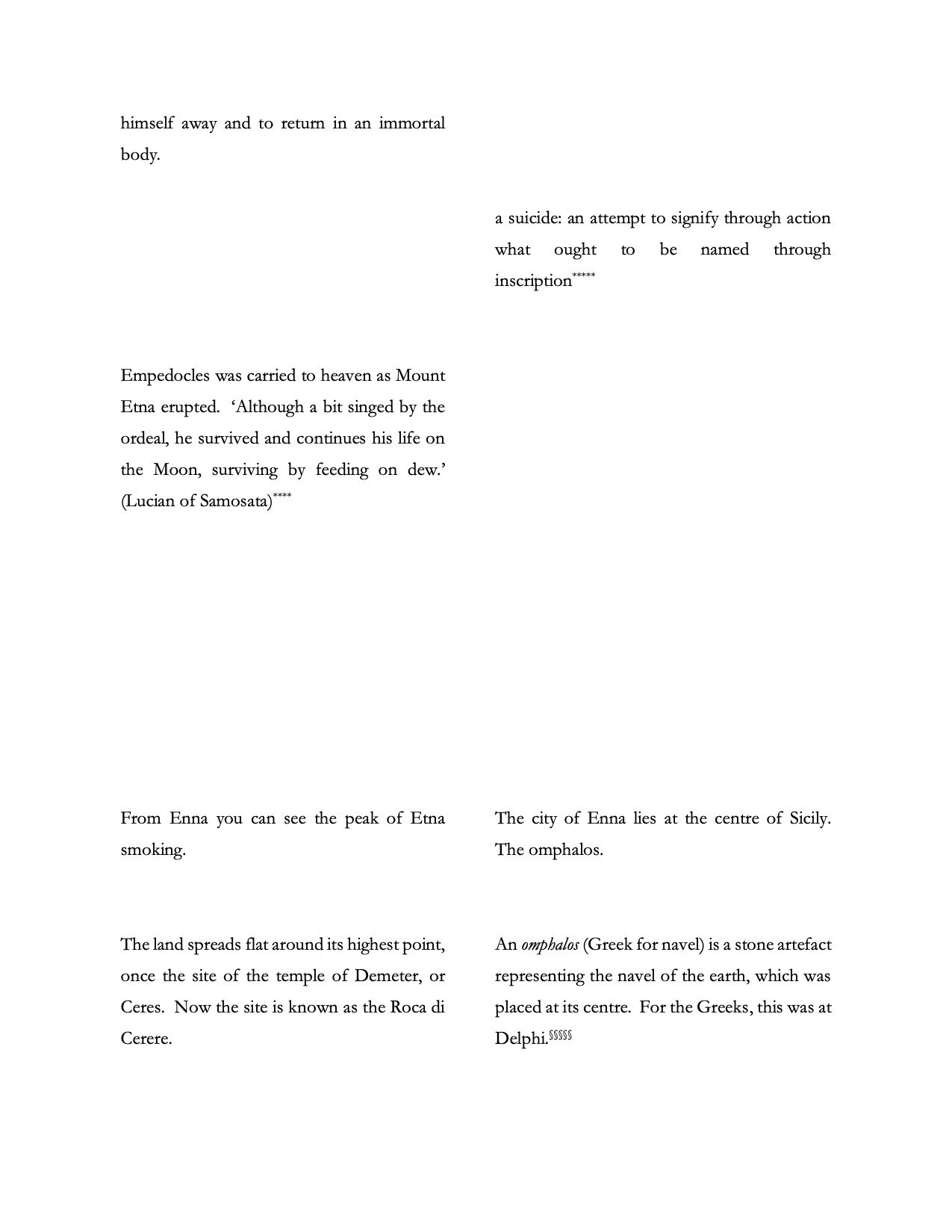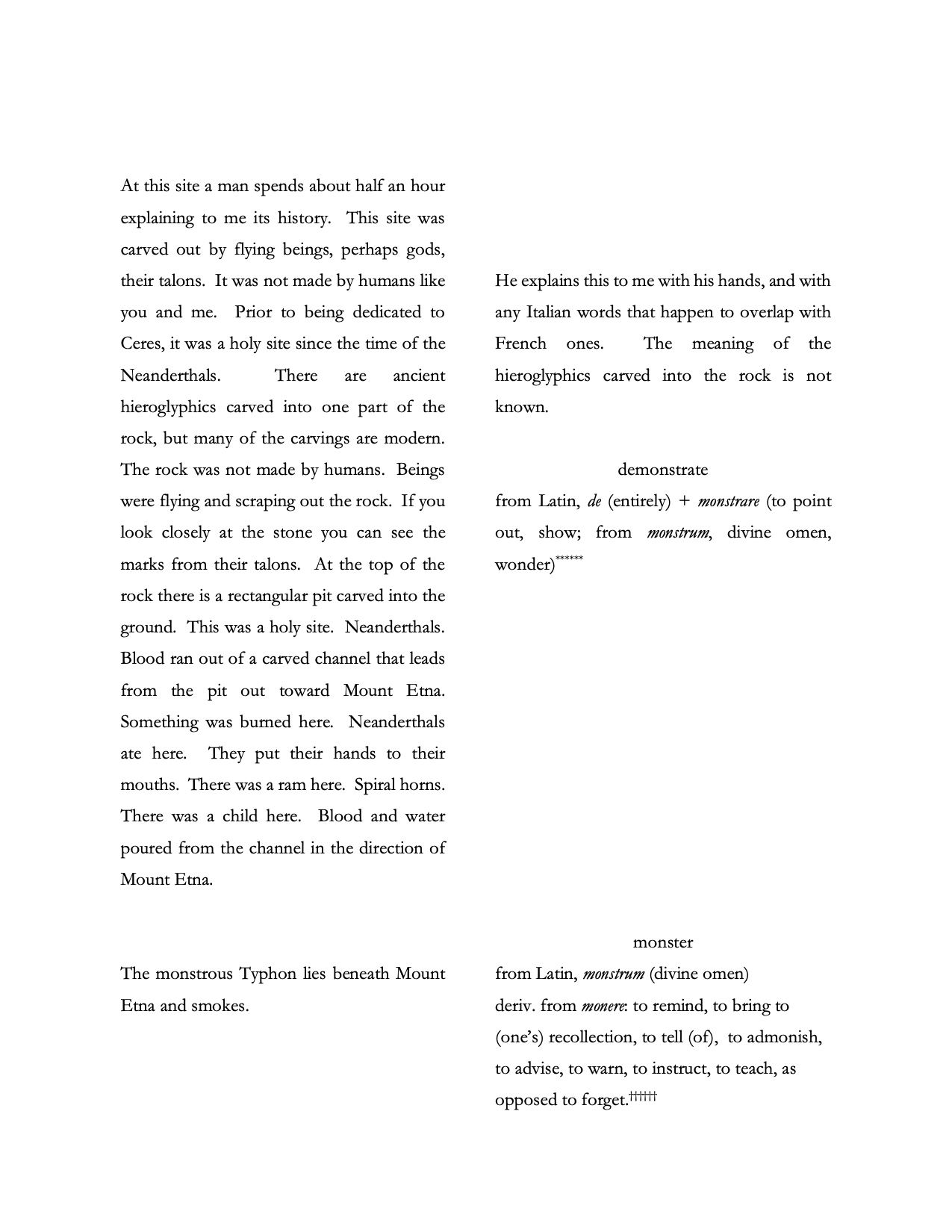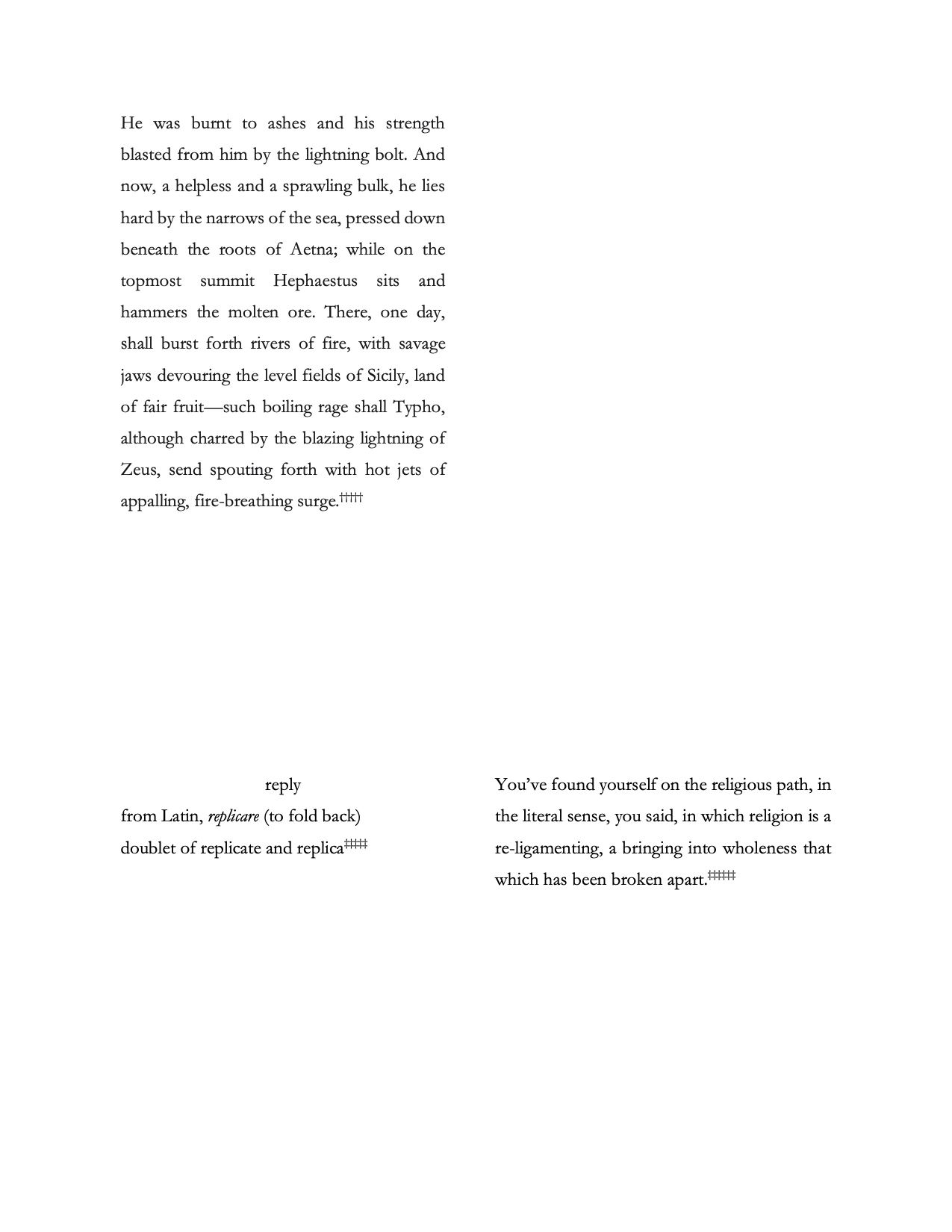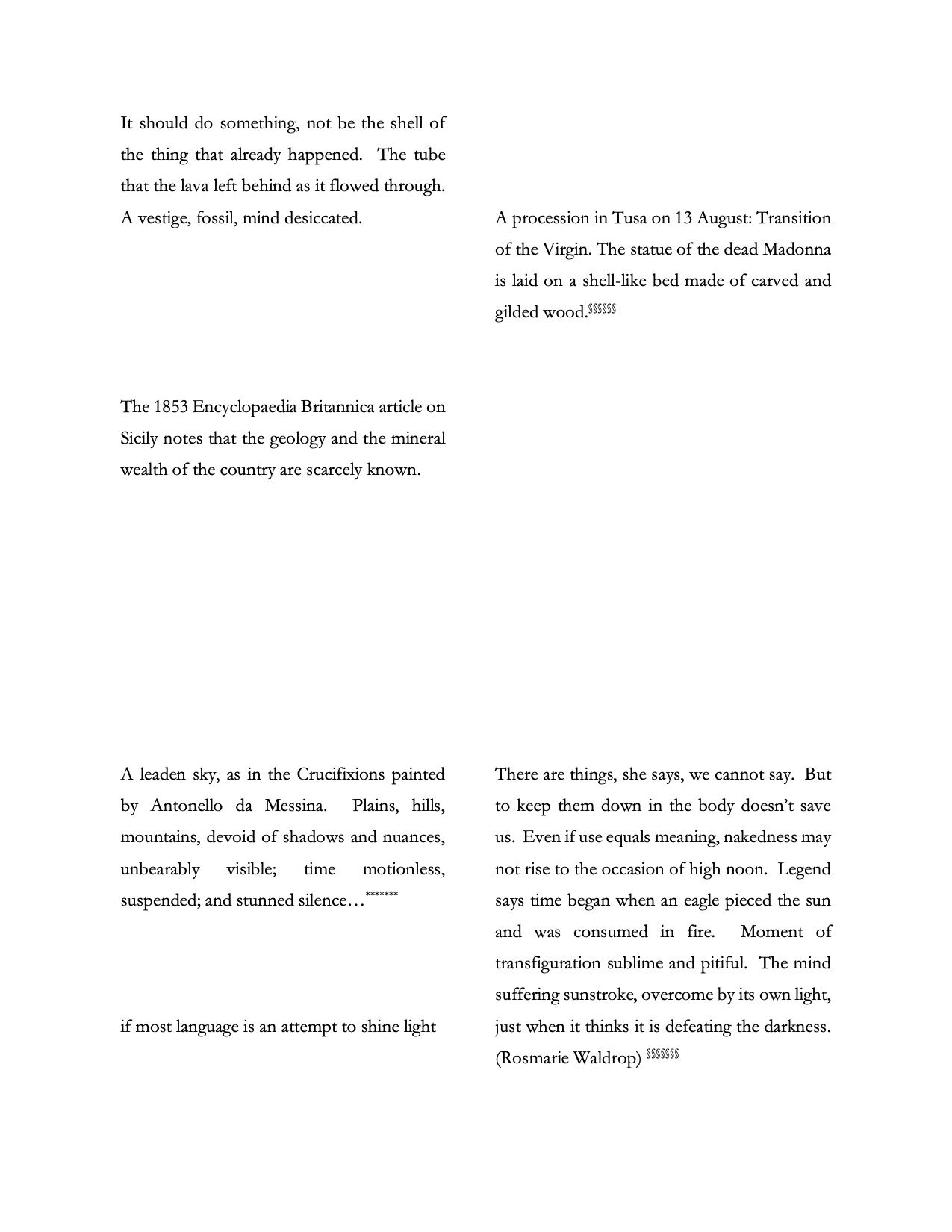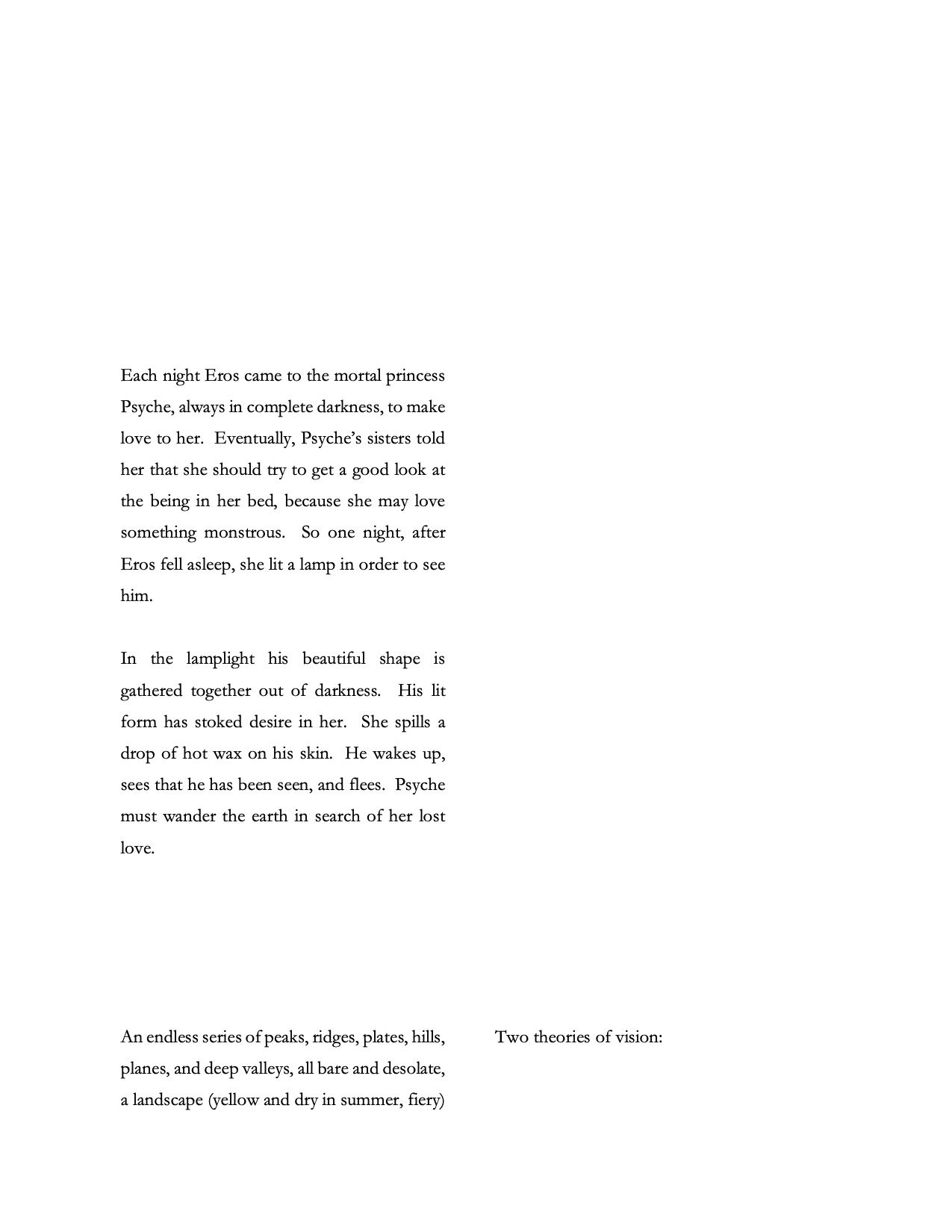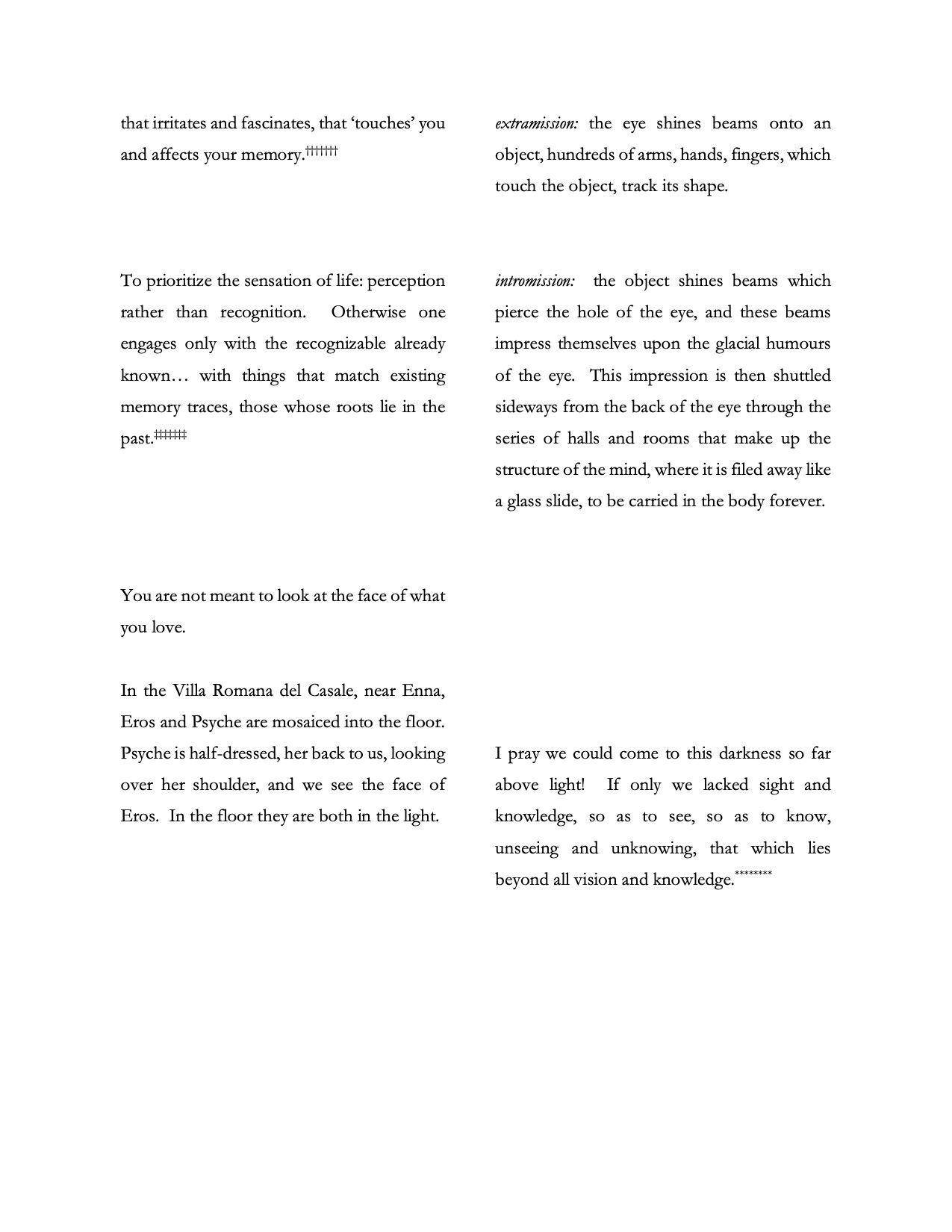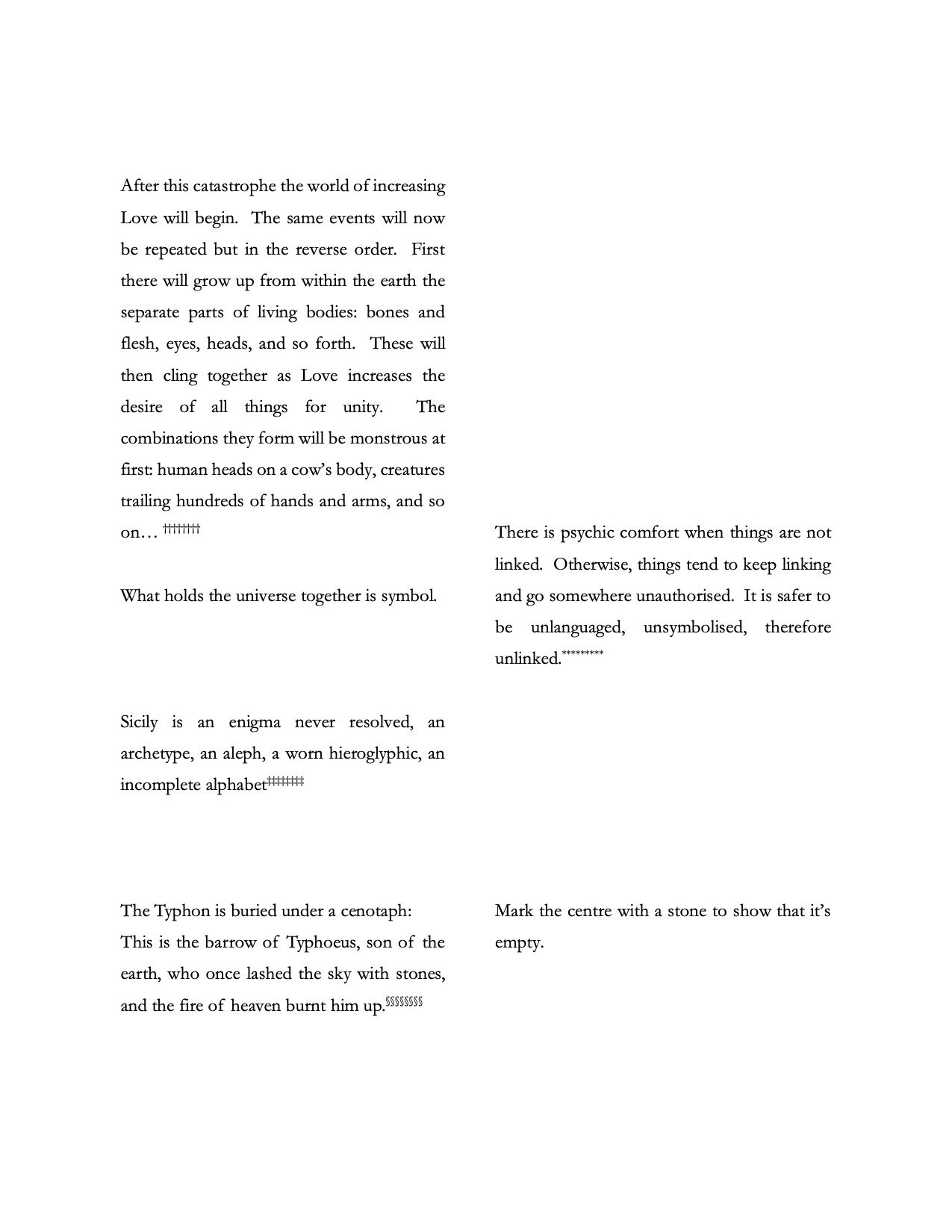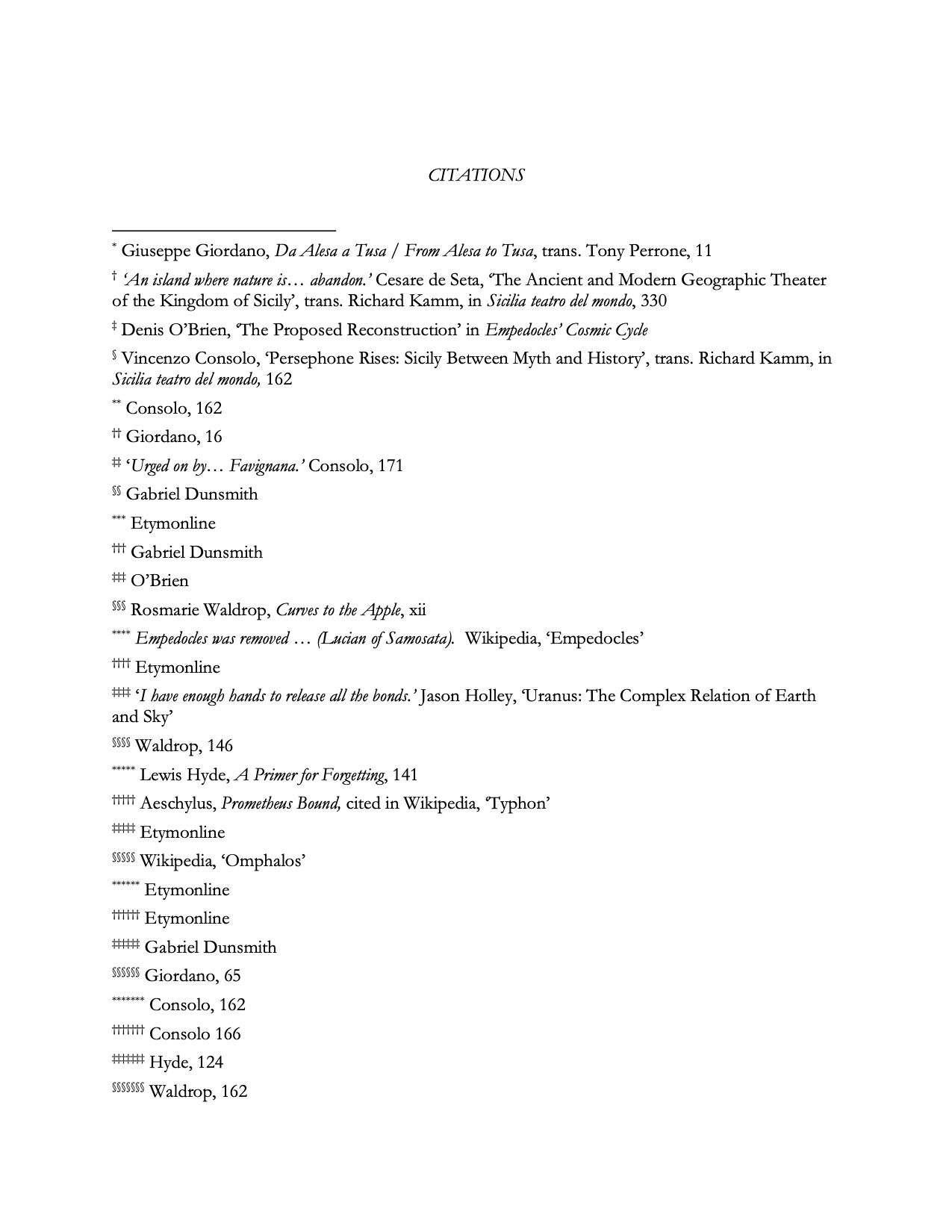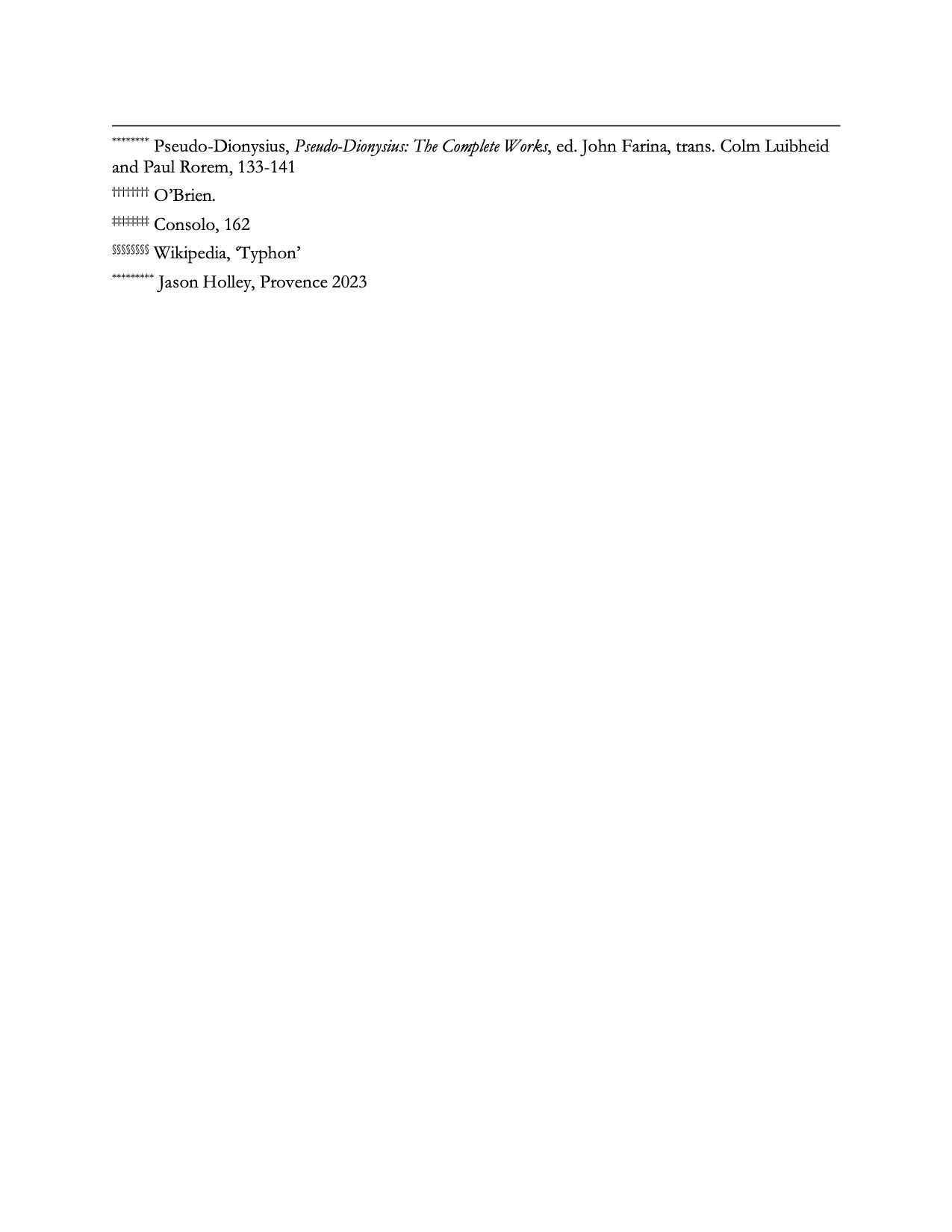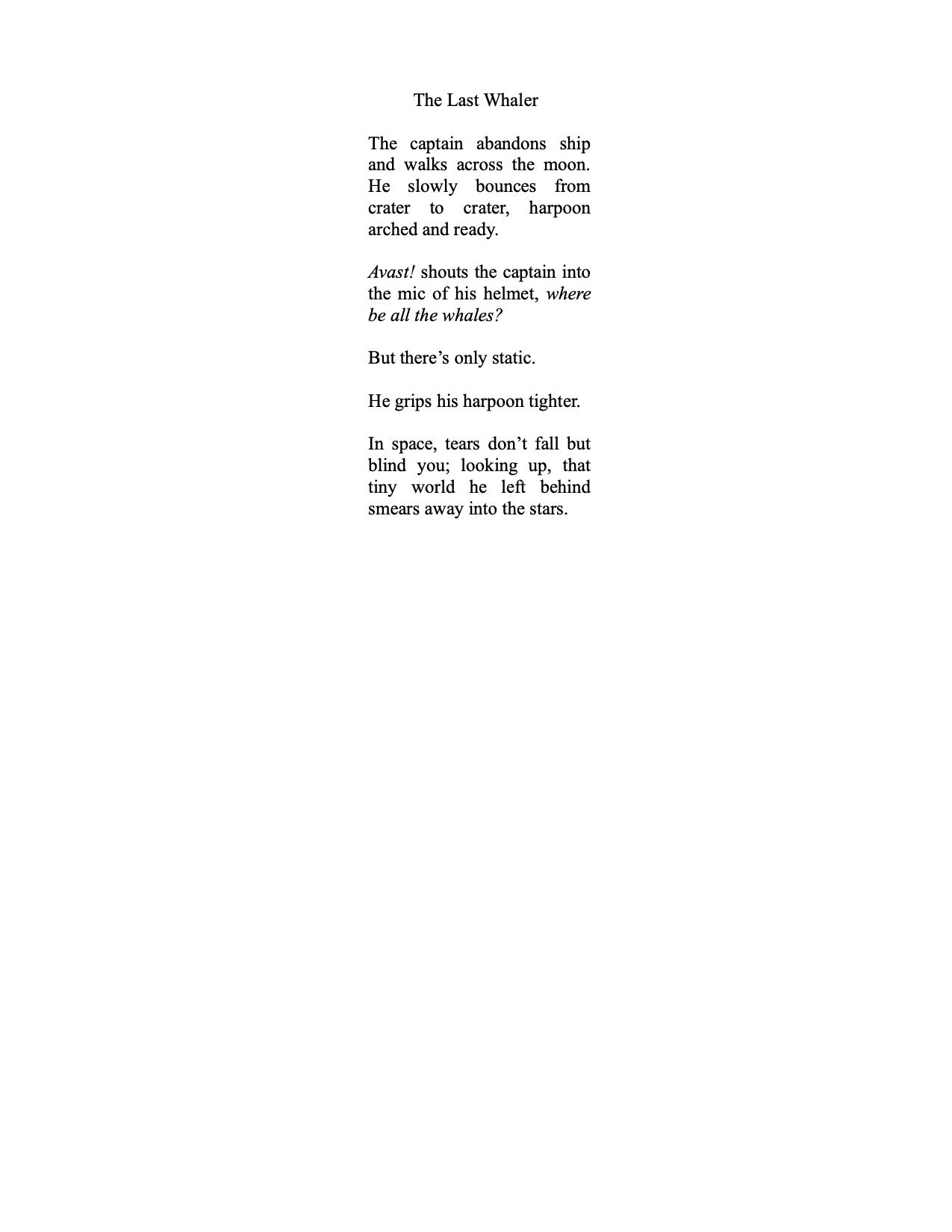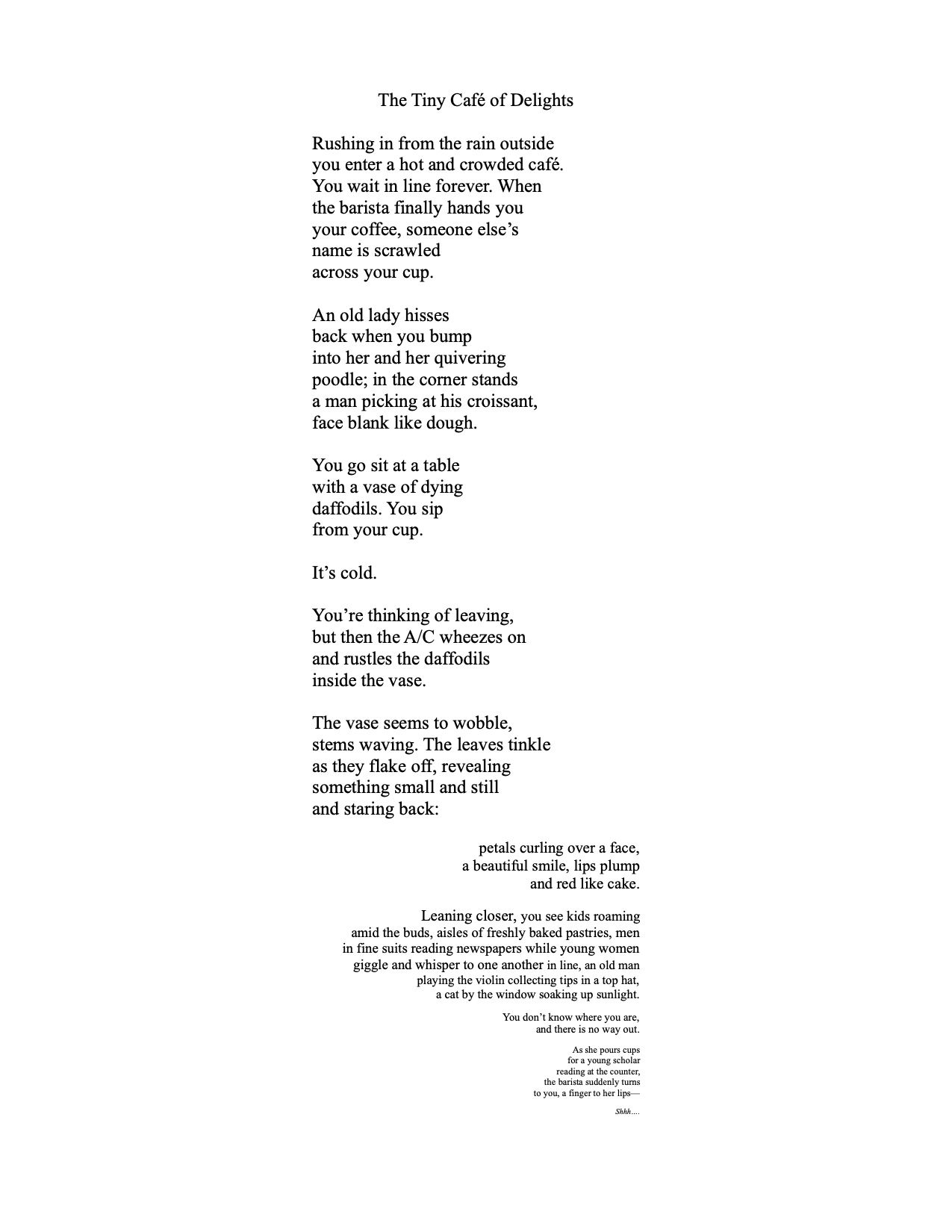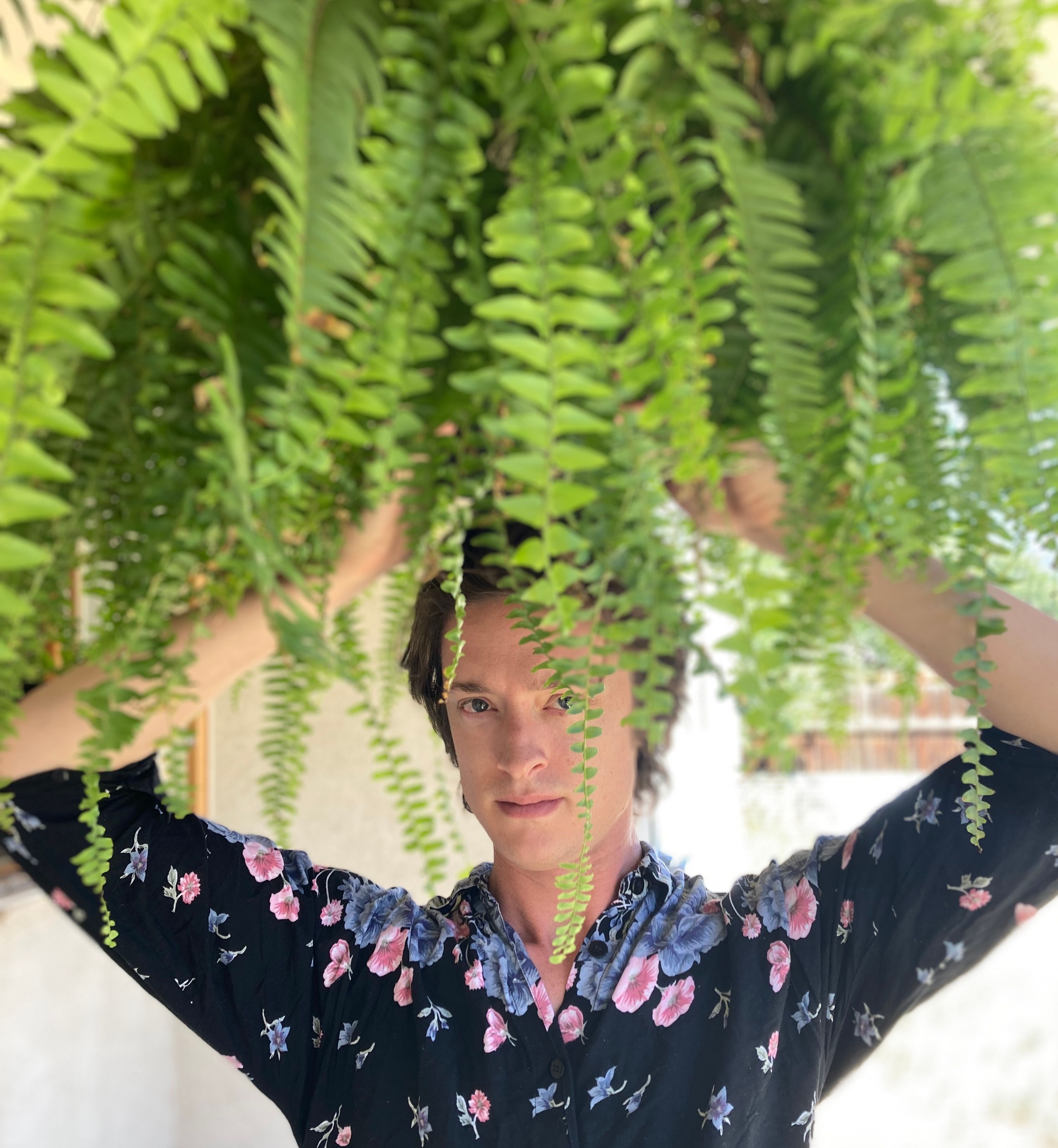“I picture nuclear war and only two things surviving.” -Bill Hicks
Keith Richards and the cockroaches scuttle up and down the aisles of an abandoned A&P. In the grocery store, as in the apocalypse, nothing is immune from ruin. Every once-bleeding animal carcass behind the butcher’s counter has been picked clean. Every frozen food aisle is a fetid river they must ford. Every bottled liquid is fermented wine. The sheer scope of transformation is overwhelming. So Keith Richards and the cockroaches split up, divide and conquer. Keith Richards sky-hooks dusty, dented cans of baked beans, Spaghetti-O’s, and Ol’ Roy dog food into the cart like he is Kareem Abdul-Jabbar. The cockroaches search in vain for a can opener, until they remember that, oh yeah, everything is a can opener. A rusty nail is a can opener. A brick is a can opener. A skull is a can opener.
Keith Richards and the cockroaches are thief-thick, hip-joined. They are each other's bosom buddies, best mates, night nurses. They are viruses without a host. They are ghosts with no one to haunt. They are zombies lacking brains to eat. They are librarians, organizing ashes. They are actors, projecting to an auditorium of bones. They are relentless. They are in no particular hurry. They wander about the world like they are stumbling through a dark and cluttered bedroom with their antennae upraised, trying to pick up the signal for Radio Luxembourg.
Keith Richards and the cockroaches play tennis on the cracked clay court of what was once a country club. But they can’t keep up a volley to save their lives, and the spirit of competition dwindles. The match ends with Keith Richards whacking balls over the high chain link fence, into the seething woods beyond. The cockroaches, meanwhile, roll daubs of clay into little mounds, doing dung beetle impersonations. They do this because at the end of the world, there is no need to explain yourself.
Keith Richards and the cockroaches are good little Boy Scouts. They weave baskets. They start fires. They collect and identify different kinds of rocks. They carve their initials into each other. They leave no trace. They are resourceful—the world is their doss house. The sight of the sun sends them scampering into the nearest dark corner.
Keith Richards and the cockroaches descend a long stairwell into a subway station where trains no longer run. Keith Richards jumps the busted turnstile and leaps onto the tracks. He touches the third rail—nothing happens. Meanwhile, back on the platform, the cockroaches peel back movie posters, revealing a never-ending palimpsest of upcoming releases. Tron: Legacy. I Am Legend. Austin Powers in Goldmember. Air Force Once. Sleeping with the Enemy. Spaceballs. The movie posters keep going and going. The past seems to stretch forever, all the way to the dawn of cinema, and perhaps even further than that. But the cockroaches have no use for history. They tear the posters to shreds, then they frolic in the confetti they have made.
When the whole world is nothing but desert, you see mirages. You also hear mirages, smell mirages, taste mirages, and feel mirages. Keith Richards swears he heard the slap of leather boots on cobblestones coming from behind. The cockroaches swear they caught a whiff of shit on the breeze as freshly pungent as stables. Keith Richards swears his belches are the flavor of battery acid. The cockroaches swear that the mound of dead bodies they just scuttled across was still warm.
Keith Richards and the cockroaches wander through a shopping mall that had already been forgotten long before the end of the world. Potted palms hang limp and rotten at every entrance. The faded directory lists all the anchor stores that pulled up stakes decades ago. The music store, whose dismal collection isn’t even worth ransacking, still carries unsold cassettes. The cockroaches thread their way in and out of the last remaining pair of shoes at the Foley’s department store, two brightly colored unlaced Rollerblades. Keith Richards paints his fingernails black in the vacated salon. He runs out of polish halfway through, so to finish the job, he goes and slams his unpainted fingers in the door of a display model Nissan Maxima that has been perched in the middle of the ransacked food court for who knows how many years.
Keith Richards and the cockroaches are having trouble remembering how the world ended. Was it nuclear annihilation? A climate catastrophe? Perhaps a rapture they weren't invited to? They turn up nothing in their search for clues. The waters are poisoned, the air is unsafe to breathe, and nothing grows from the soil. So what else is new? When kingdom come came, it was just another day. They mistook it for Christmas at first, and who could blame them? All of the businesses were closed.
Keith Richards and the cockroaches come upon a beach. Keith Richards removes his threadbare shoes and walks toward the waves, letting his toes sink into the warm sand. The water feels almost carbonated, the way it froths around his ankles. The cockroaches try on various seashells, in an attempt to take on a different form. Nothing fits. Keith Richards floats belly-up in the surf, staring at the cloudless sky. Now that the world has ended, he spends most of his time philosophizing, offering hard-won wisdom to people who no longer exist. There’s no one to interfere with you, he imagines telling someone, you can do what you want in the end times. But you must learn to live with occasional apparitions—the familiar reflections that dance across shiny surfaces. Your long-gone friends and lost loved ones, shuddering you awake out of dreams.
Old habits die hard at the end of the world. The cockroaches must always explore every sink and shower drain they come across. They still hurl themselves at windows, still drop heavily from ceilings. Keith Richards must always grope blindly for his phone when he wakes up every morning. His palsied fingers still gnarl into stiff barre-chord shapes.
When storm clouds mass on the horizon, Keith Richards and the cockroaches make a beeline for the tallest nearby building. Upon gaining entry, they head straight for the roof. Ever watched the rain from above? Keith Richards asks the cockroaches. Look down, you’ll see the tops of the drops. Might get lucky and catch the upperside of a rainbow. Keith Richards didn’t see his first rainbow till he was twenty years old. That hotel pool, in Clearwater, Florida. Before that he thought rainbows were a myth, like unicorns. Or jackalopes. Or Stevie Wonder’s blindness. He’d get to the hotel and head straight for the elevator, he tells the cockroaches. No hesitation, no trepidation. His entourage told us he’d memorized the floor plan of every place we stayed on the ‘72 tour. The Four Seasons, the Hilton, the Chateau Marmont. Bloke knew the exact number of steps it took to get anywhere on the premises. Didn’t give it a second thought at the time but now, like most everything else these days, it smells a bit fishy.
Keith Richards and the cockroaches discuss blues music. Keith Richards explains the methods used by Black American musicians to coax dissonance out of chords, to make the guitar sound not only like a guitar but also an entire horn section, and in certain cases, an entire band. He tries to make the cockroaches understand what a privilege it had been to study, to experiment, to create the new out of the old. A form of theft, he realizes now. What do the cockroaches have, he wonders, that would be worth stealing, worth transforming? Were I to trade places with the little buggers, Keith Richards tells himself, I would not waste those wings.
Keith Richards and the cockroaches are being reclaimed by nature. Vines encircle their waists like belts. Their legs sprout branches, and their feet fire roots into the earth with every step. When they unlock their jaws, their mouths release entire ecosystems. Their bodies are becoming uncivilized. Kill them with a shovel, and they split in two.
At the end of each long day, Keith Richards and the cockroaches spread out pallets on the ground and take turns reading from the only book left on earth, a weather-beaten, taped-together, filled-in old Mad Libs that once belonged to a child named Matthew, if the wavering handwriting inside the front cover is any indication. Every blank in the booklet has been filled in with Matthew’s vivid toilet humor. Will the congregation please fart. Heavy poops the head that pees the crown. “Penis,” said the penis. Whenever they are lost, be it spiritually or literally, Keith Richards and the cockroaches find comfort and succor in the words of St. Matthew.
Keith Richards and the cockroaches stare up at a bullet-riddled highway sign and wonder, what was a mile, anyway? What was a day? What was fat, and what was thin? More to the point, what are all of those things now? Time, distance, weight—there is no accounting anymore, no way to reckon with gains and losses, gaps and bridges. A Keith Richards measures two hundred cockroaches in height. The nearest town is 900 Keith Richardses away. The human soul, as it leaves the body, weighs roughly one cockroach.
Back in the time before, Keith Richards had a peculiar habit. Any time he was about to undergo a new experience, he would pause to picture the worst thing that could possibly happen. Partying the night away at a bluesman’s house in Chicago? Visualize yourself standing up on a chair to yell out the vilest slur imaginable at the happy throng. Packing the sedan for a family trip down the shore? Form an image of a drowning. Wake up, have a crap? Expect riots, fires, and societal collapse when you open the bathroom door. This practice, he now realizes, didn’t prevent bad things from happening. It just made them unsurprising.
When the world ends, everything gets you high. Sucking on a smudged piece of broken glass. Snorting sand from a beach. The wind suddenly changing directions. Any one of those’ll put you right on an absolute cloud. Keith Richards and the cockroaches wander the earth, stoned out of their minds. They have become addicted to the apocalypse.
Keith Richards has been letting his fingernails grow out. Fingernails are the only weapons he has. The one on his ring finger’s as sharp as a Jamaican ratchet. As shiny, too. When the time comes, he will turn his biological weapons on himself. First to get the axe will be his face, and its haphazard collection of mustaches. Soon, he tells himself. Soon.
Before the apocalypse, Keith Richards and the cockroaches were convinced that there was no God. Now that it’s all over, God is everywhere, the rascal. God draws on their faces in Sharpie while they are sleeping. God plays chicken with them on the cracked, buckled highways, veering away at the last second. God taps them on the shoulder and disappears, giggling, before they can turn around to catch Him. The end of the world was the beginning of God.
Keith Richards’ memories do not belong to him. His mind is stuffed with stowaways, bright vivid flashes of strange nostalgia. In one, he is singing country songs on a ranch in Peru. In another, he is at a funeral for a friend, hoisting a cardboard box onto the altar, then knifing open the lid and watching thousands of white butterflies explode forth. But the one recollection that visits him most often finds him staring down the black hole of a gun barrel, the muzzle’s circle getting bigger and bigger, until its darkness covers everything.
The cockroaches are thriving. The cockroaches are ascendant. The cockroaches have entered their villain era. The cockroaches are making more cockroaches. The cockroaches have the run of the place.
Keith Richards has sprouted wings. It was always a question of who would evolve into who—an inevitability, really. The wings begin at his shoulders and stretch all the way down to his heels. They are opaque and veined, and the ends are frayed from scraping the ground as he walks. When he tries to flap them, the wings make a horrid buzzing sound, and his entire body vibrates.
A cockroach’s heart runs the entire length of its body. A cockroach’s heart is a whole system, not a clenched bundle. That, not wings, is what Keith Richards should’ve asked for: a heart to race alongside his blood.
Keith Richards wants to strike out on his own. He wants to fly solo. But we’re a package deal, the cockroaches protest. We are nothing without each other. Keith Richards holds his ground. The cockroaches stand on their hind legs and puff themselves up like little Marseillaise gangsters. After a brief period of detente, Keith Richards relents, and they decide to stick together. Keith Richards without the cockroaches is like a marathon runner with one shoe. The cockroaches without Keith Richards are like a pile of dried tongues licking an electrical outlet.
Keith Richards and the cockroaches are listening to the last song on earth. But how? There are no more headphones, no more speakers, no more stereos or record players. Every guitar string is broken, and all the wind and brass instruments are clogged with silt. But if they concentrate, if they focus all of their attention and listen carefully, Keith Richards and the cockroaches can hear the faint notes of the earth’s final music. There are no words.
One morning Keith Richards slips outside, blinks his eyes at the harsh sunlight, and starts walking. He does not stop until he reaches the lip of a large precipice. Ain’t a mountain goat alive could find purchase in this place, he thinks, gazing into the canyon below. He kicks a pebble into the abyss and waits for the distant sound of safe landing. But all he hears is ringing in his ears, like the endless serrated shrieks of teenage girls.
In jazz—in all music, really, but especially jazz—there is a moment he has always called the plunge. It’s the moment where the jazzman, having settled into a groove, flips some hidden switch and rips the listener into a thrilling world deep below the surface of the music. The plunge is a journey that is undertaken together, the jazzman and the listener in perfect sync, floating hand in hand, the jazzman’s grip light but firm as the tune spins out in what seems like a hundred different directions, coming apart and reassembling itself at the same time. Keith Richards has spent countless hours explaining his concept of the plunge to the cockroaches, but although they listen agreeably, they always fail to fully understand. So the plunge is a guitar solo? the cockroaches ask. Not necessarily, he tells them. Sometimes it’s more subtle—a key change, a chord inversion. Sometimes the plunge surprises the jazzman as much as the listener. You have to be ready at the right moment. That’s the crucial thing. Miss the moment, and the plunge reverses its gravity, flinging you upward, earthward.
As he stands at the cliff’s edge, his toes nudging out over the void, Keith Richards feels an old hum in his new wings. The moment insists. The moment is screaming. This is the plunge. Come, take his outstretched hand. Shall we fall, or shall we glide? Let’s decide on the way down.
